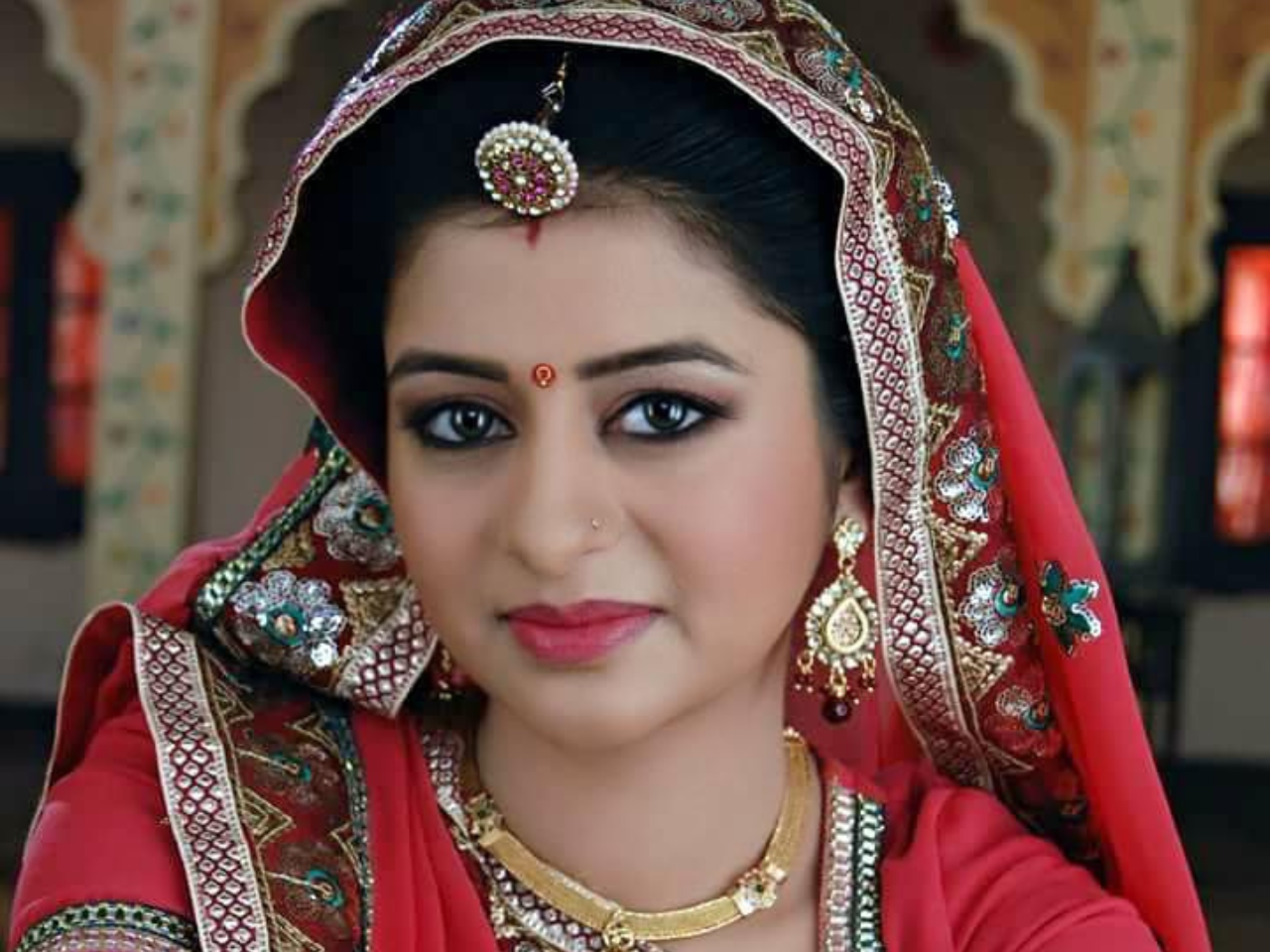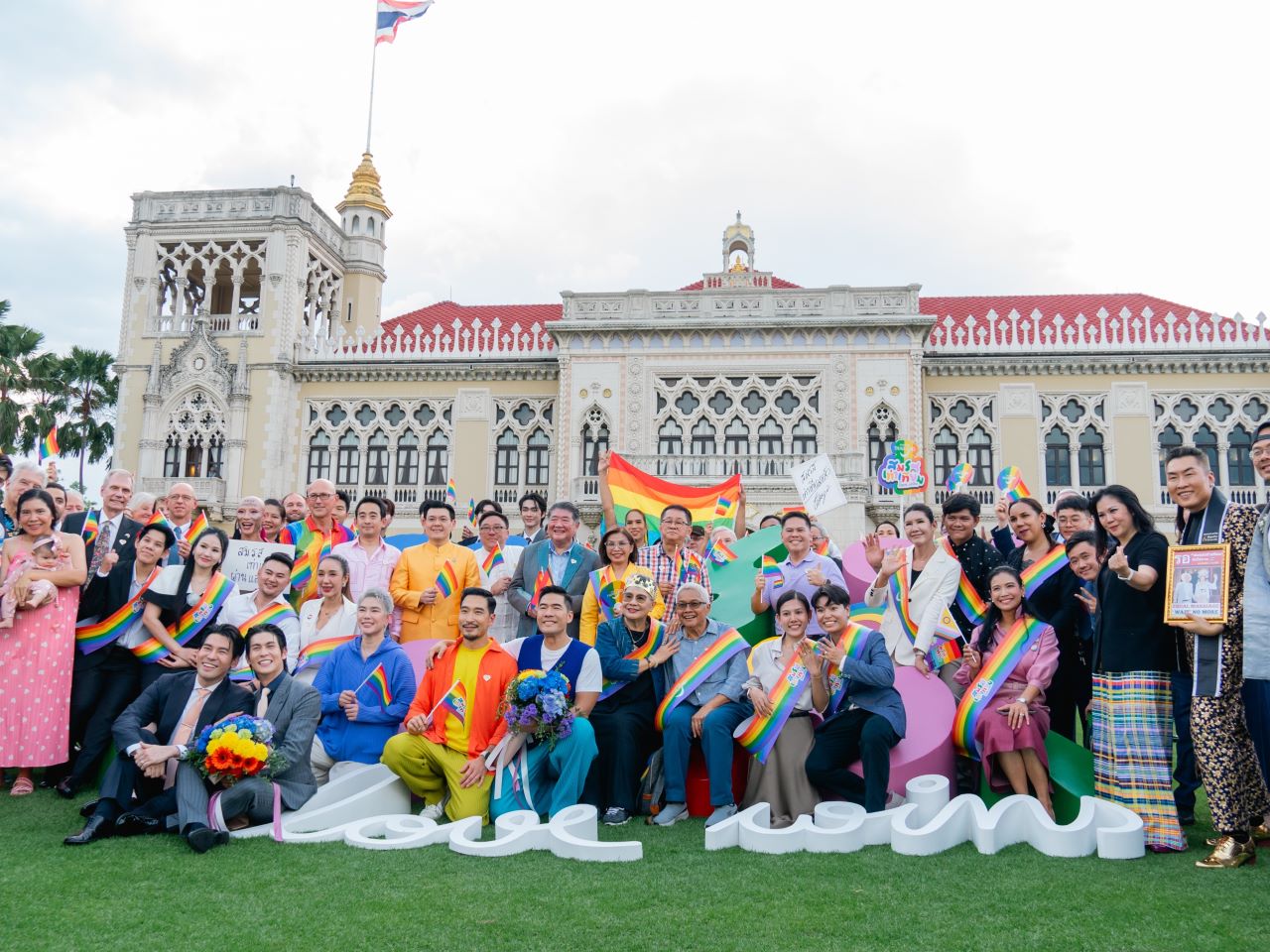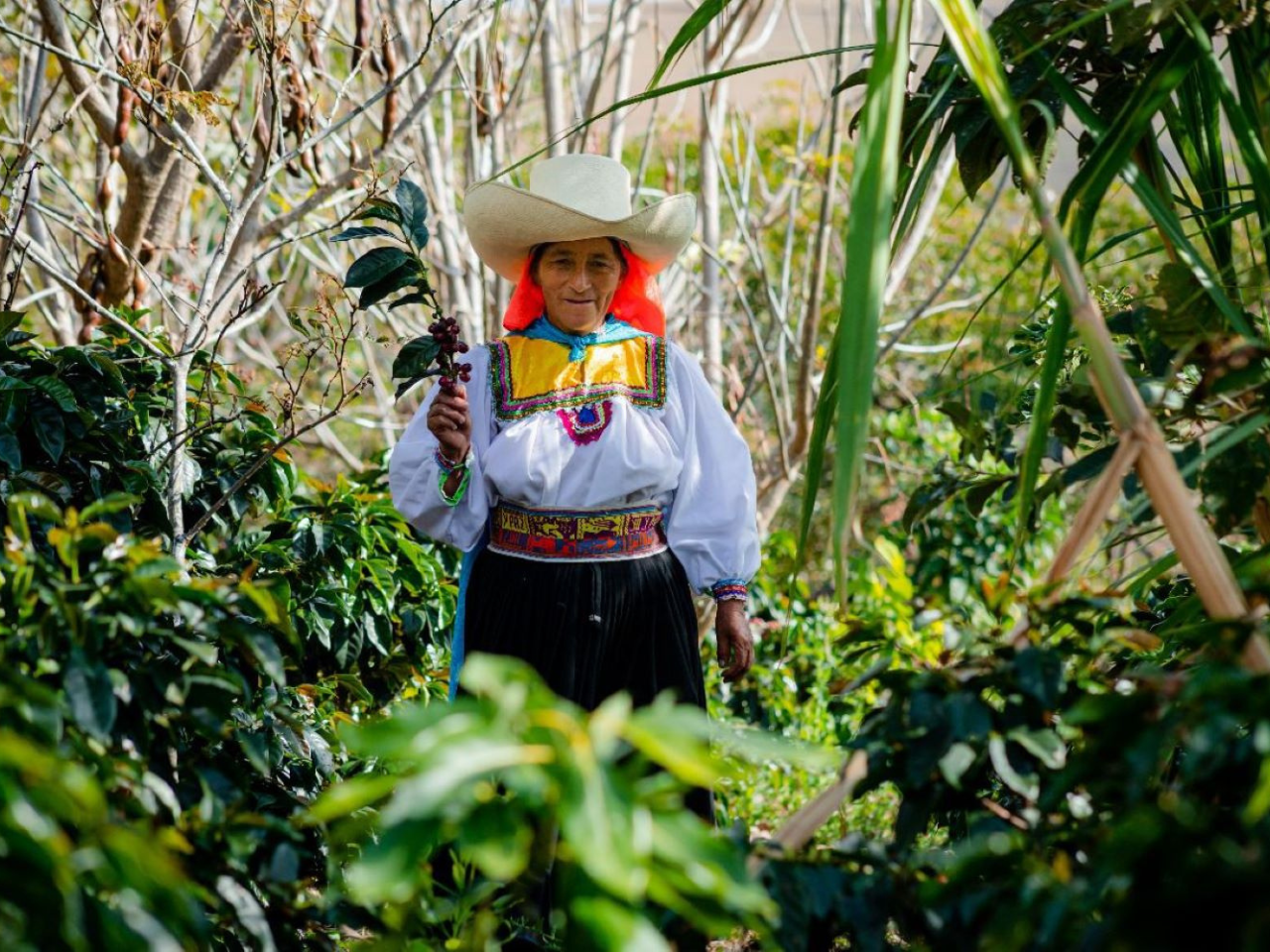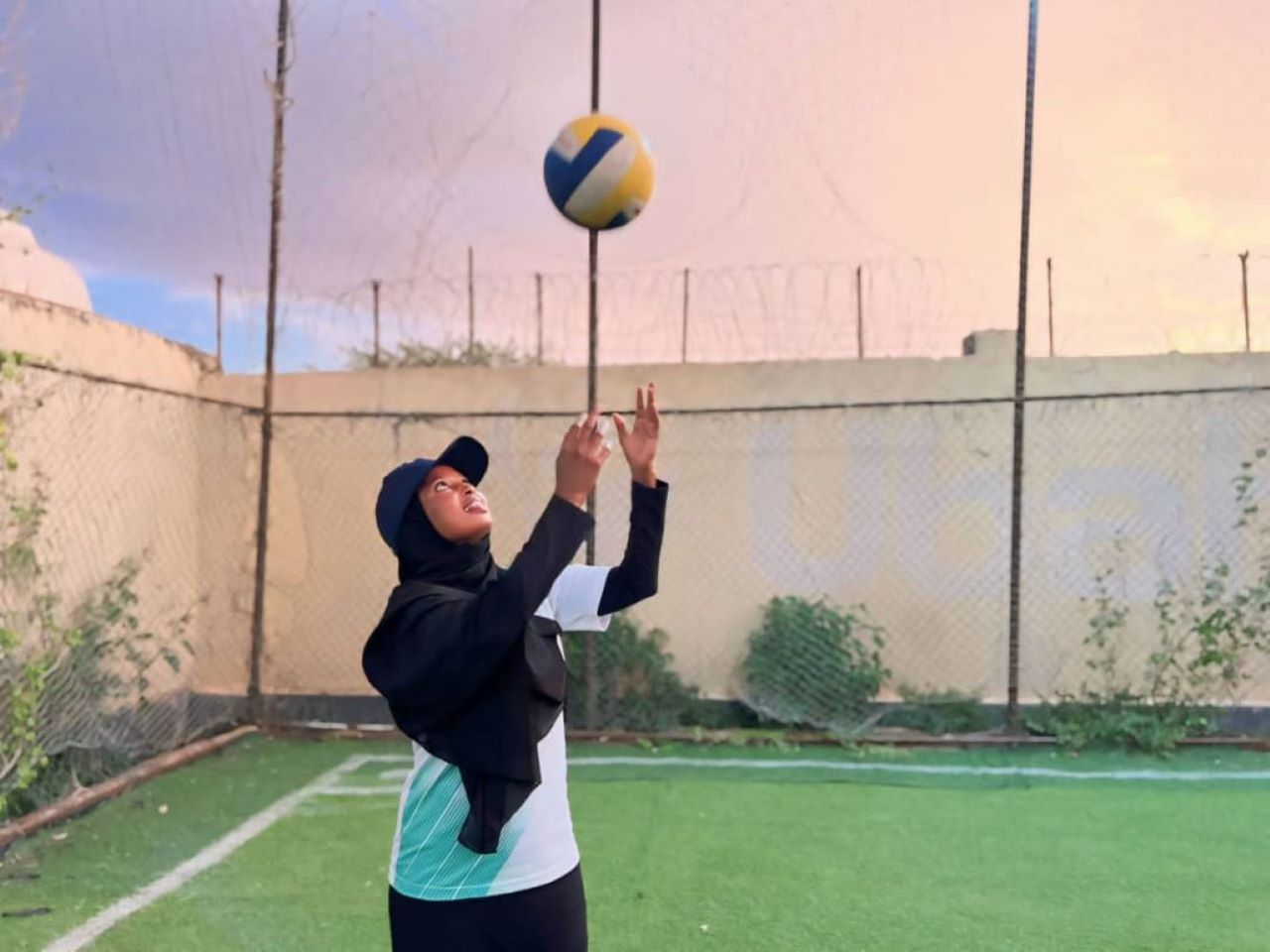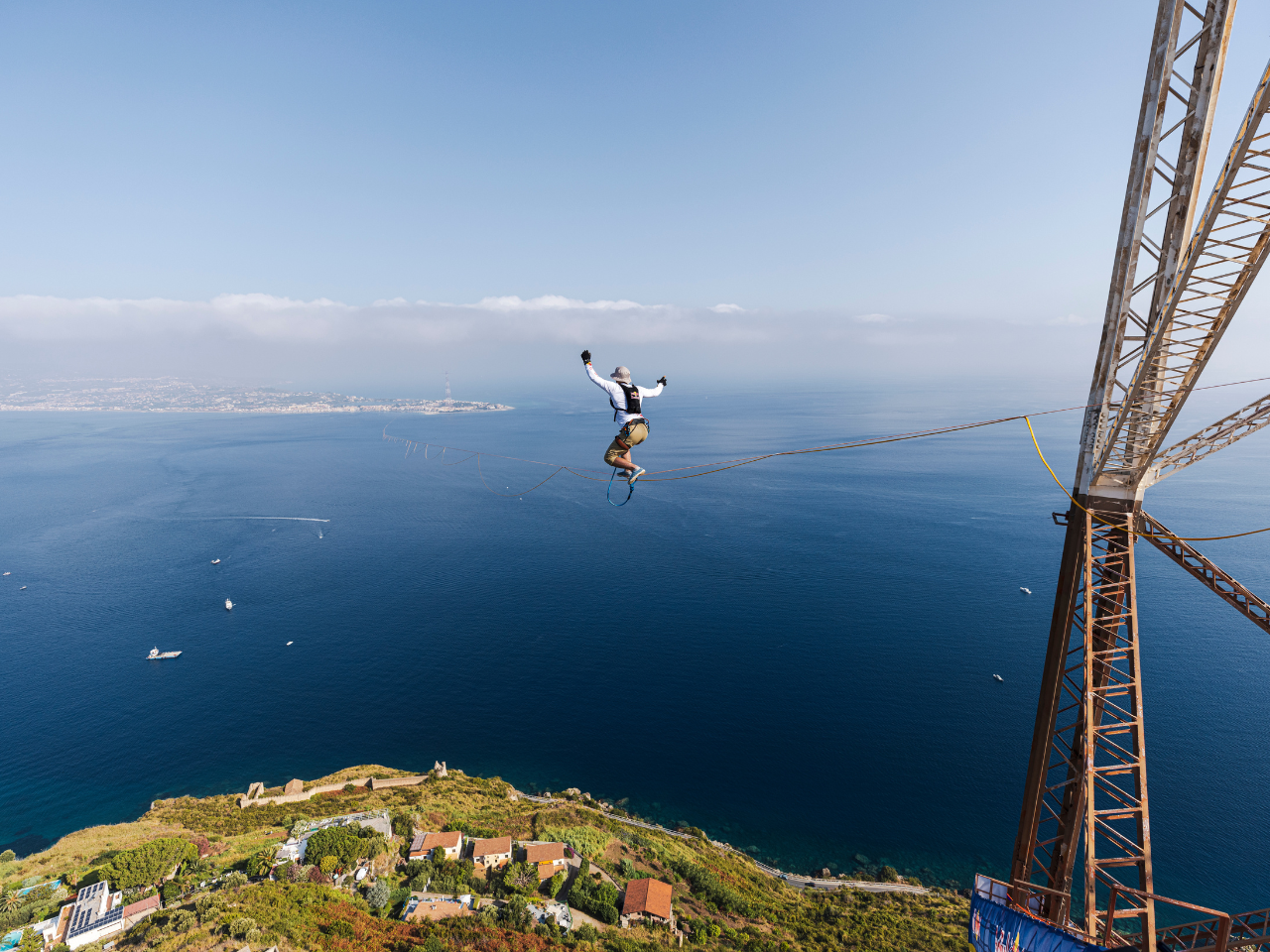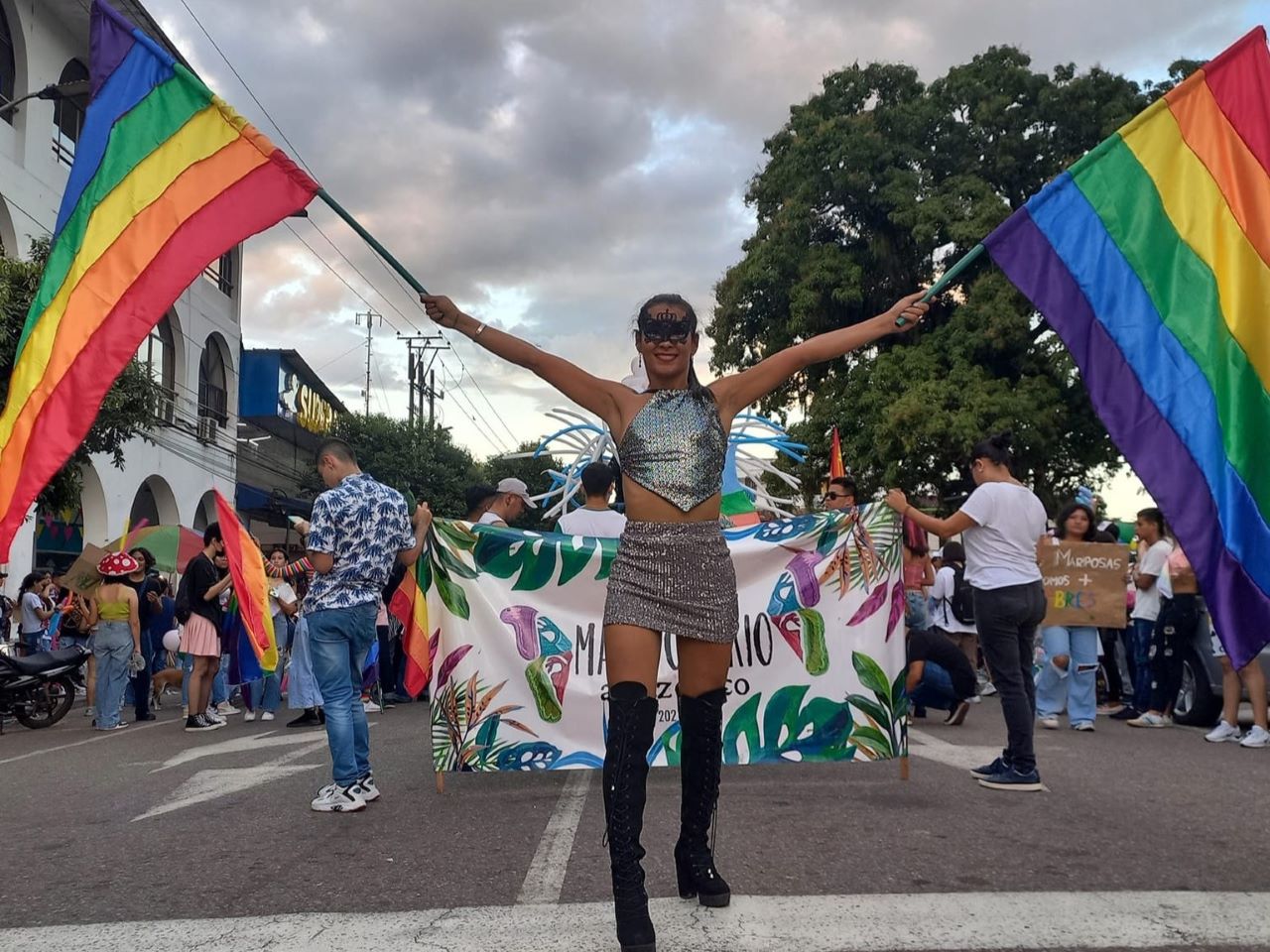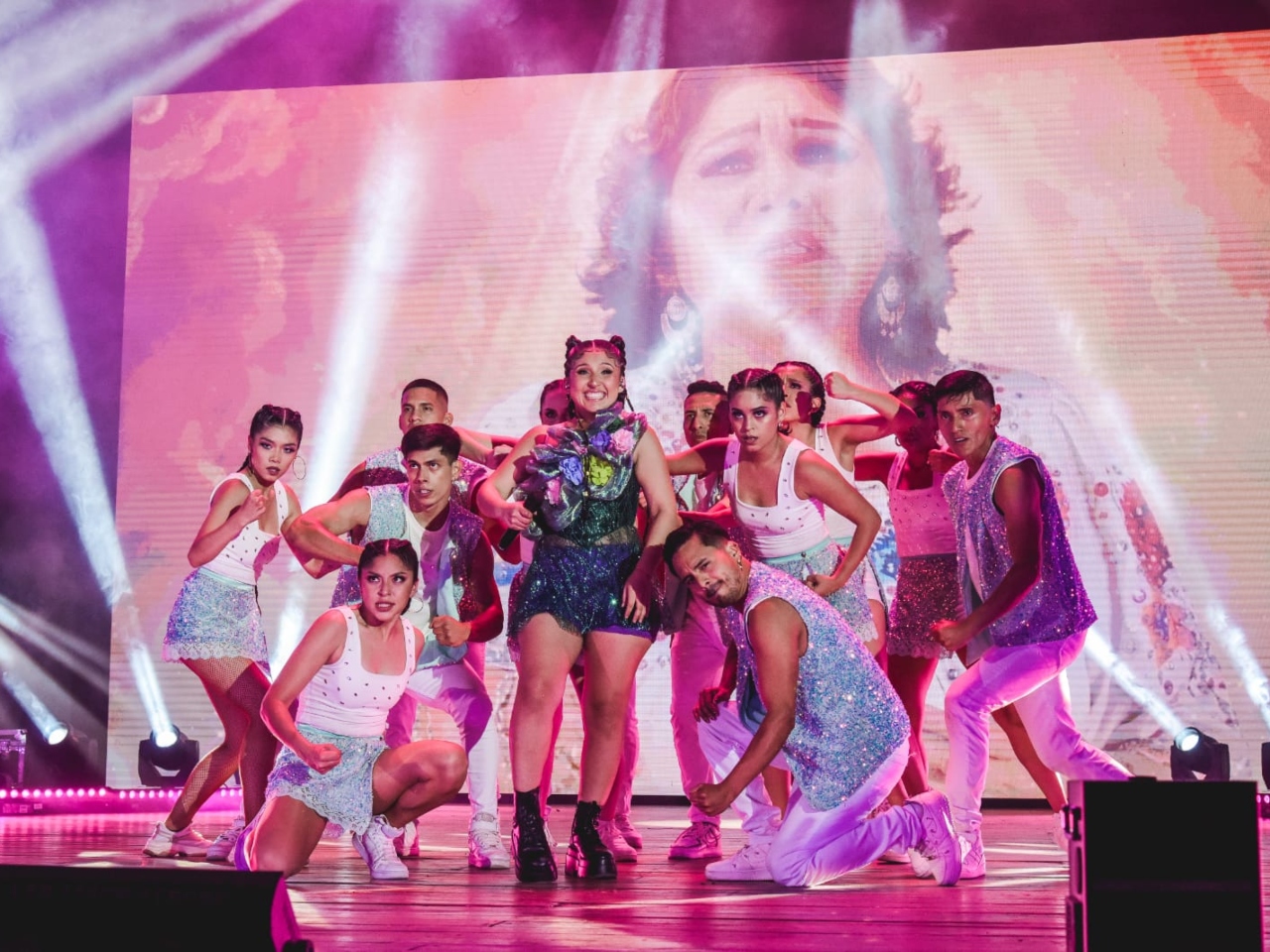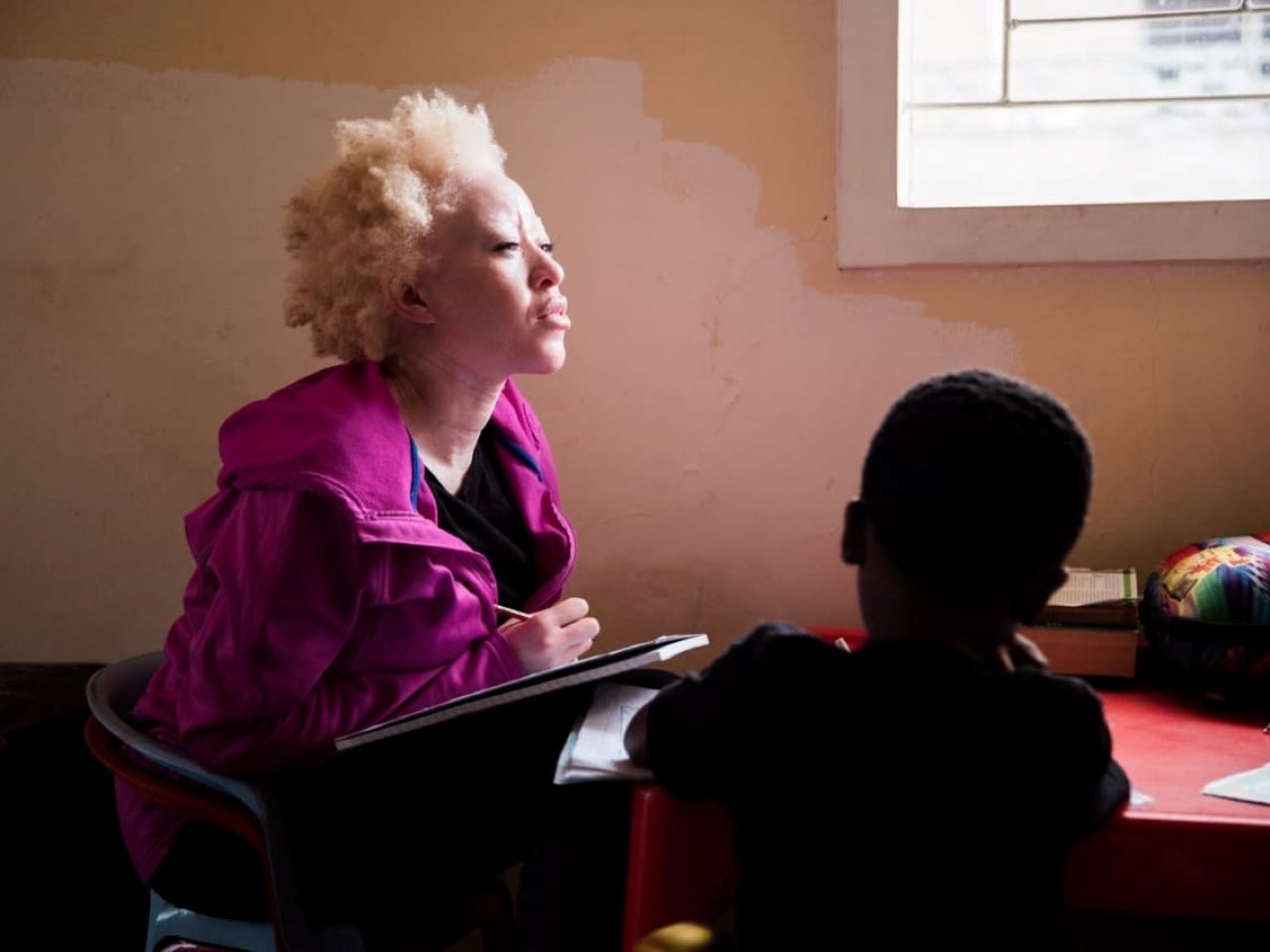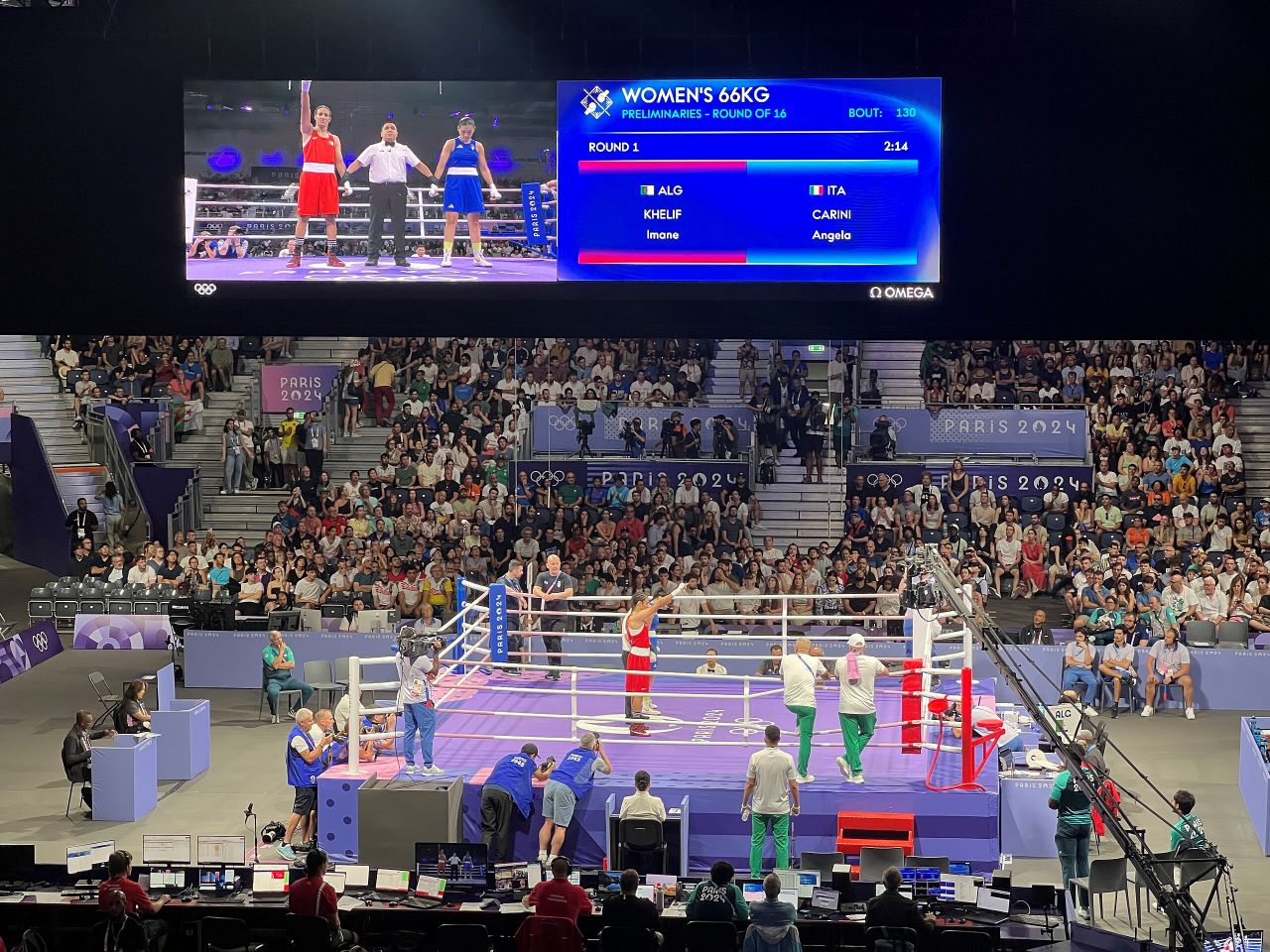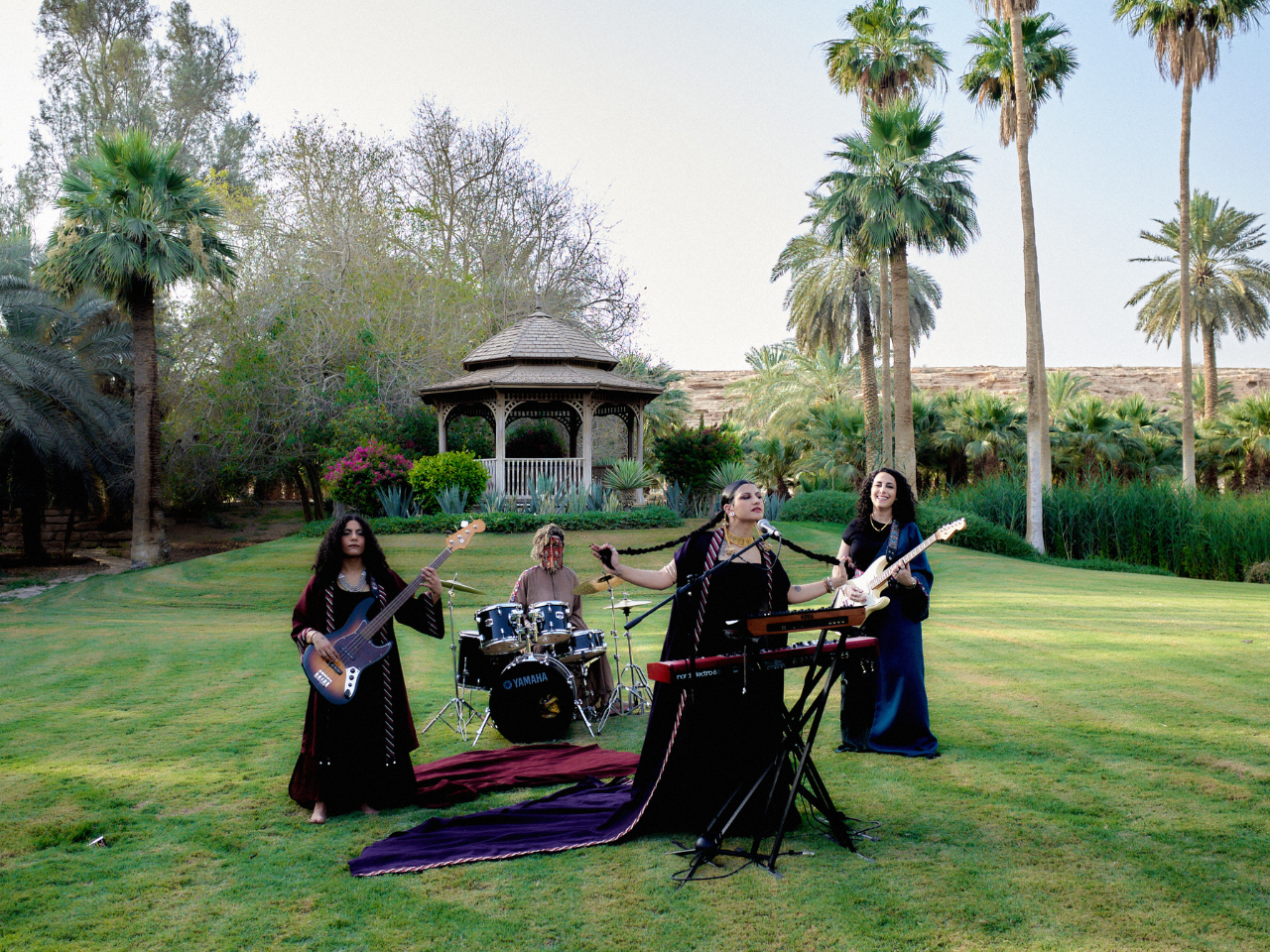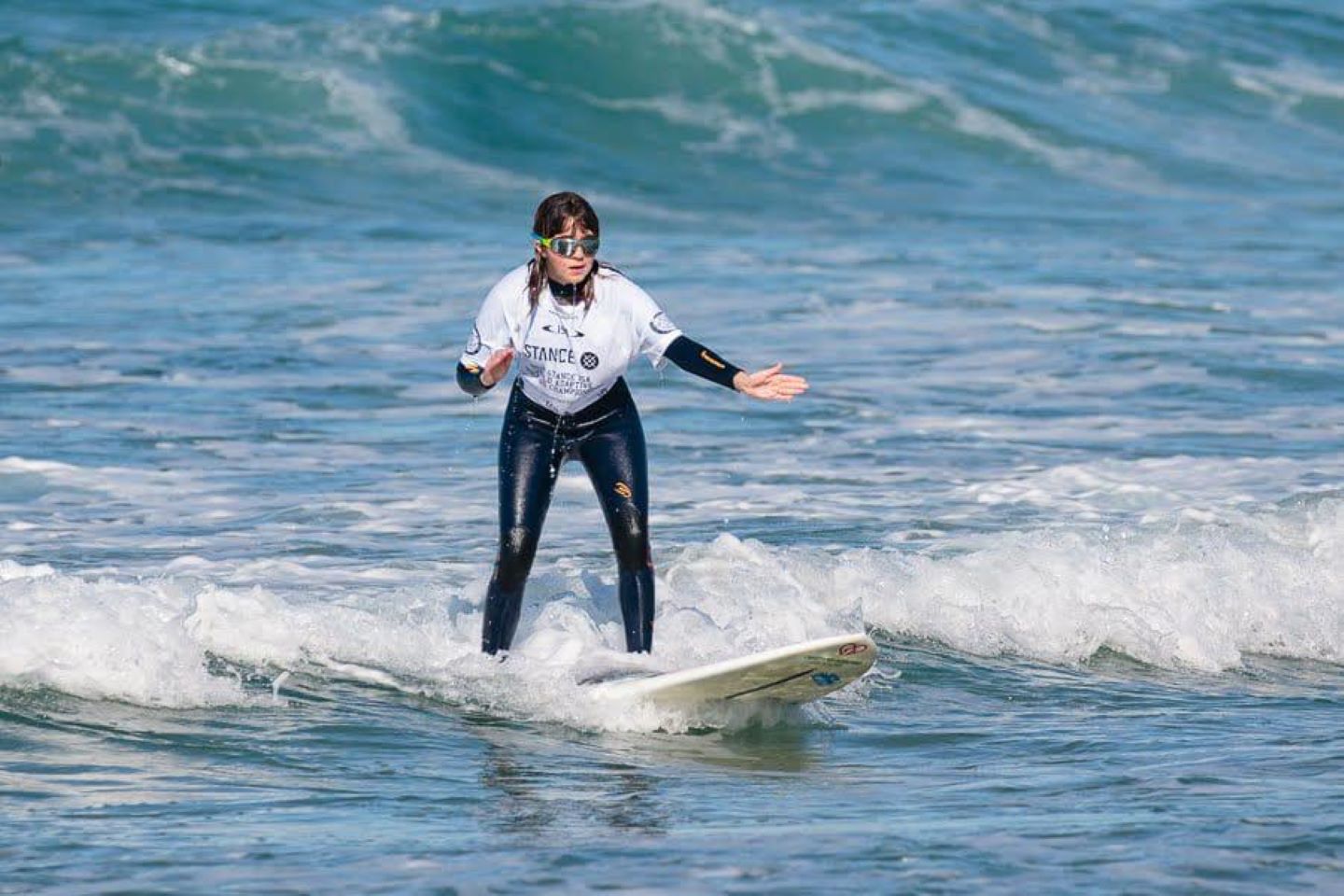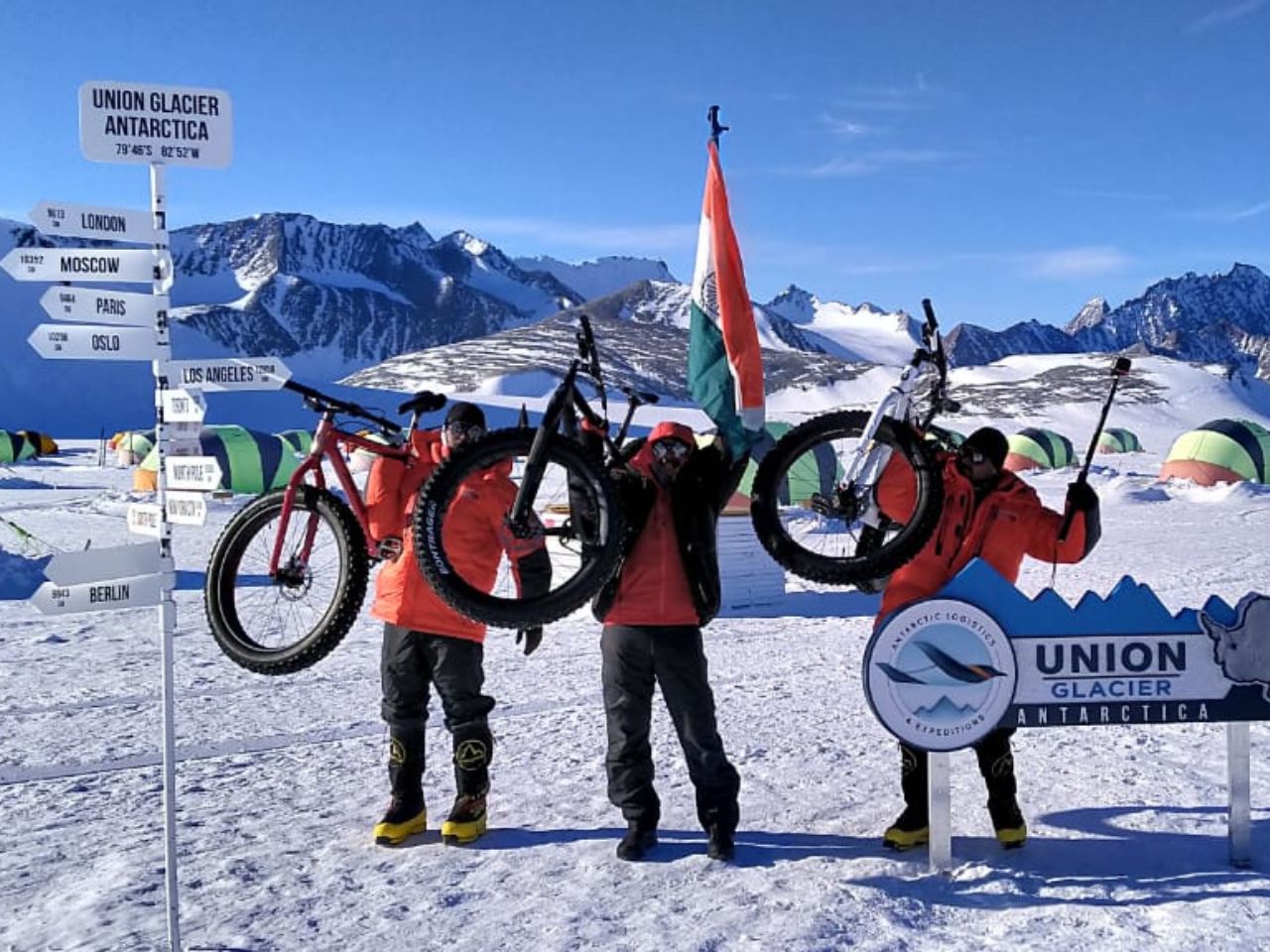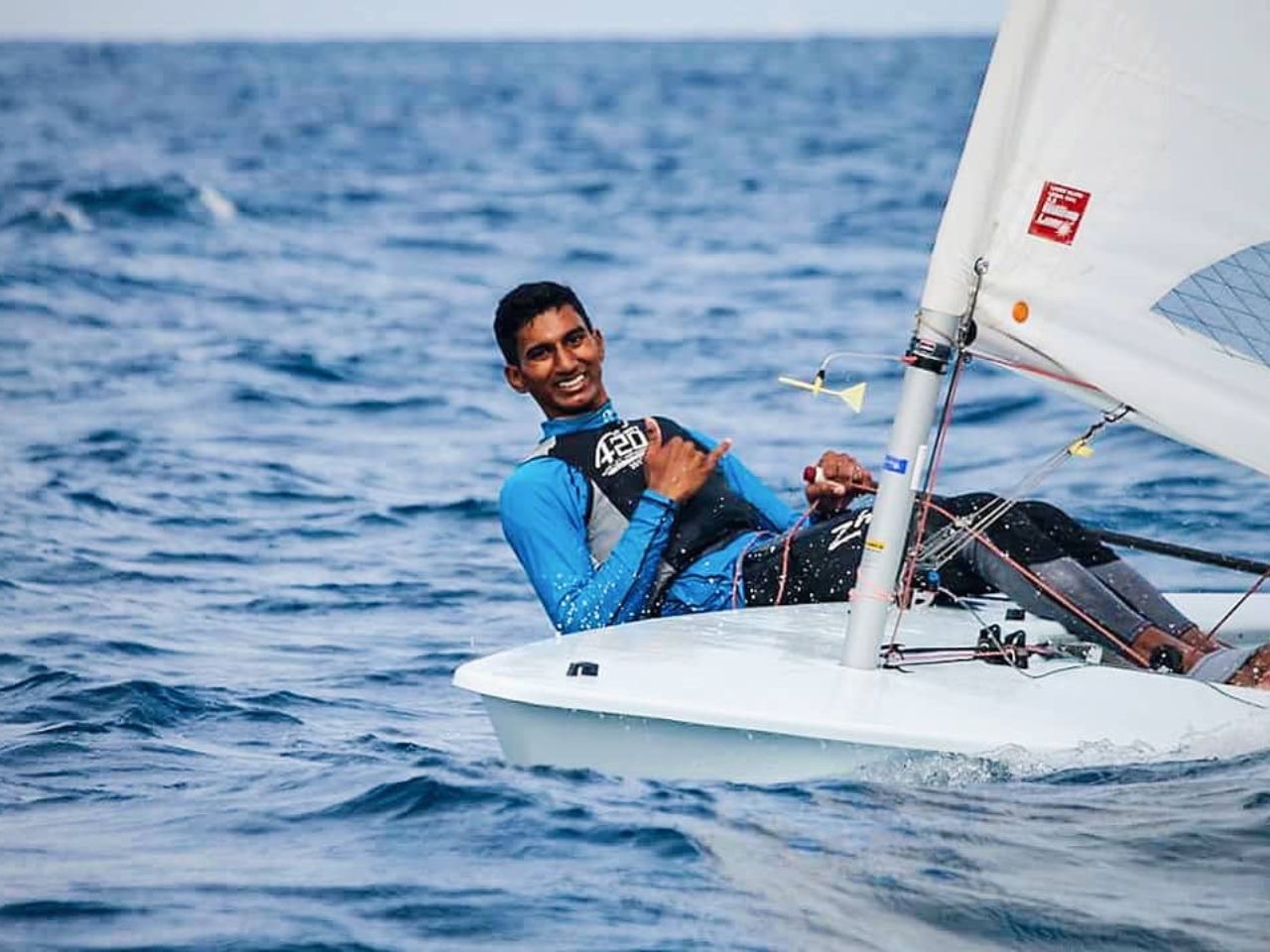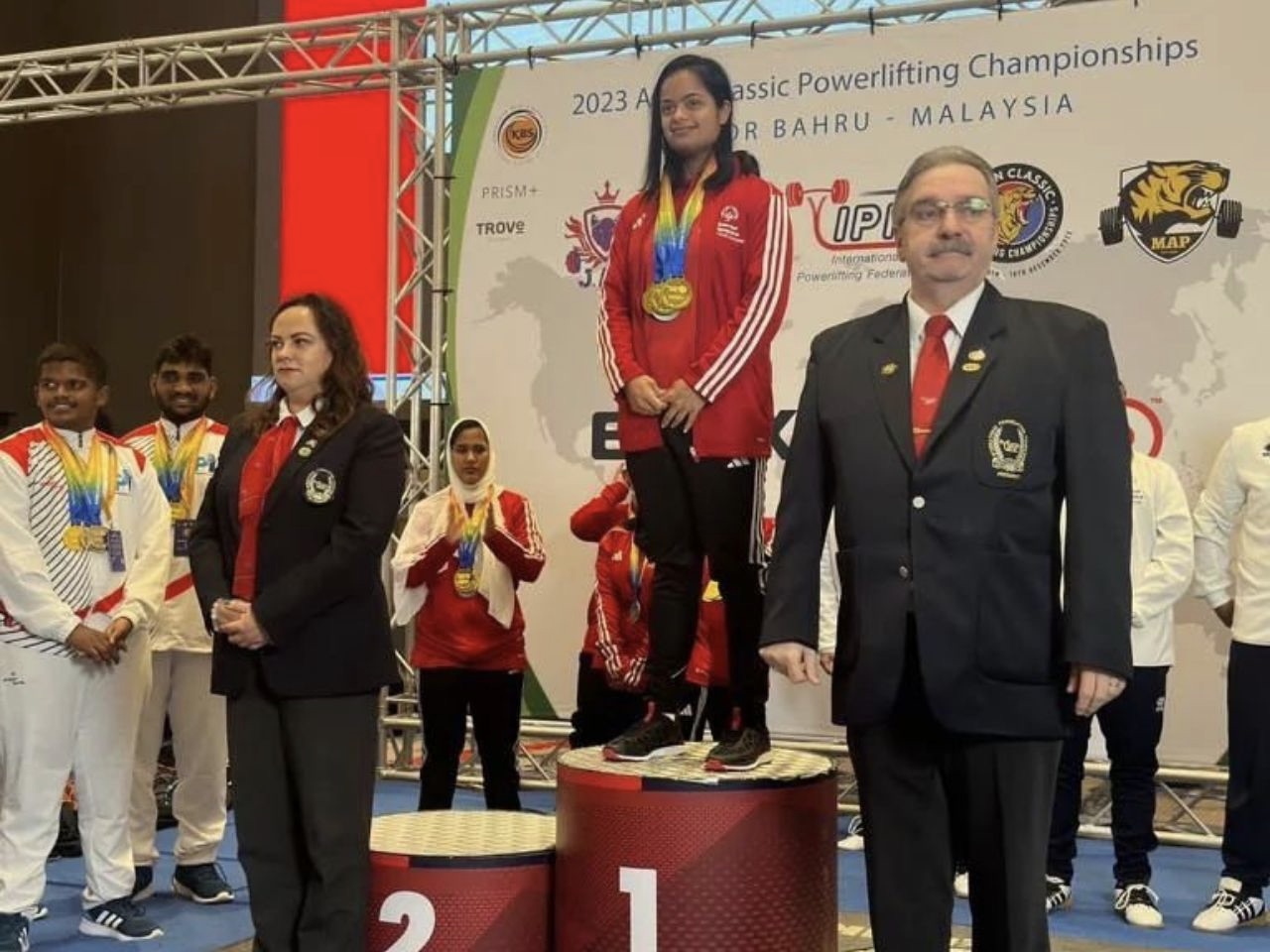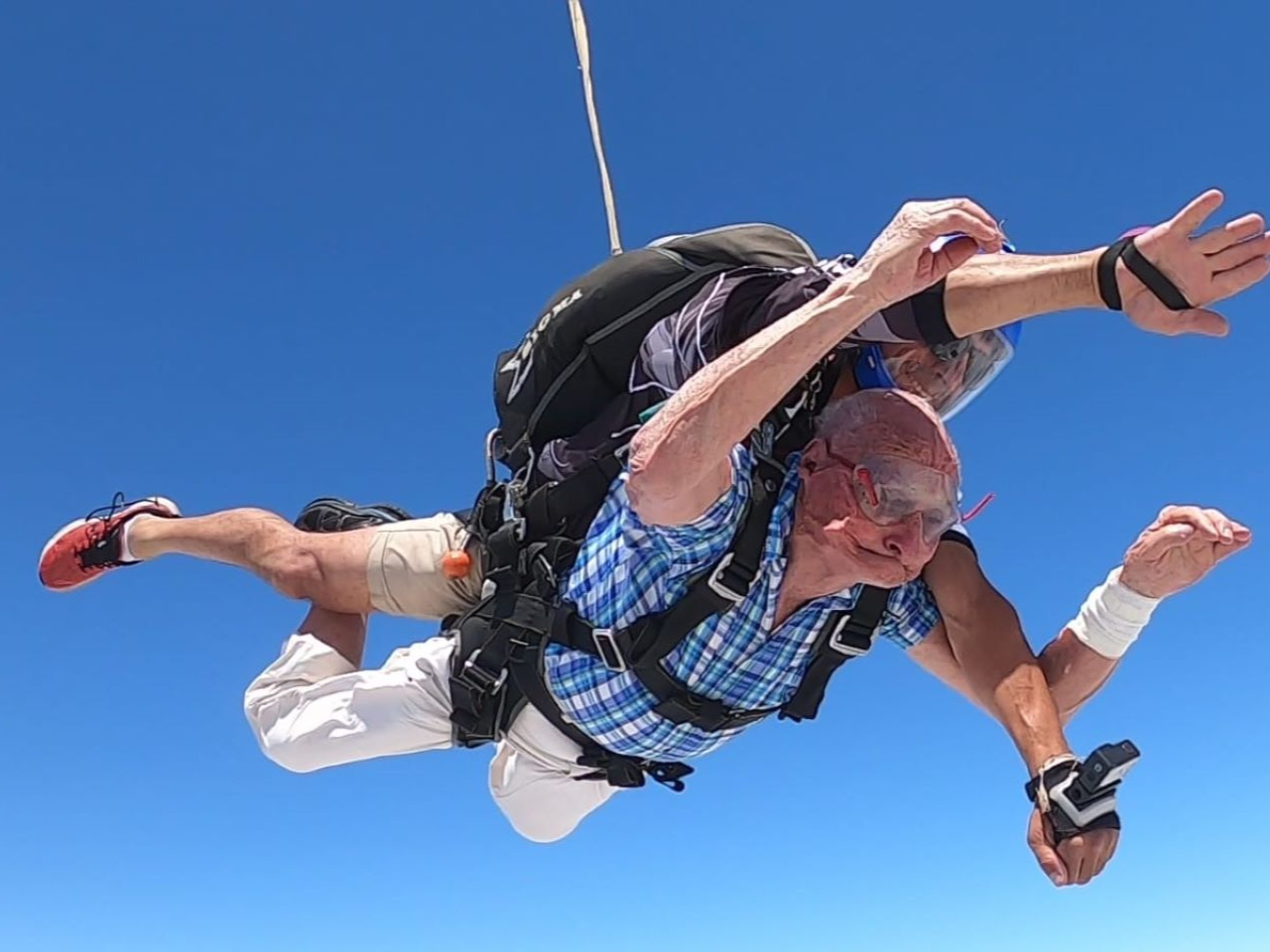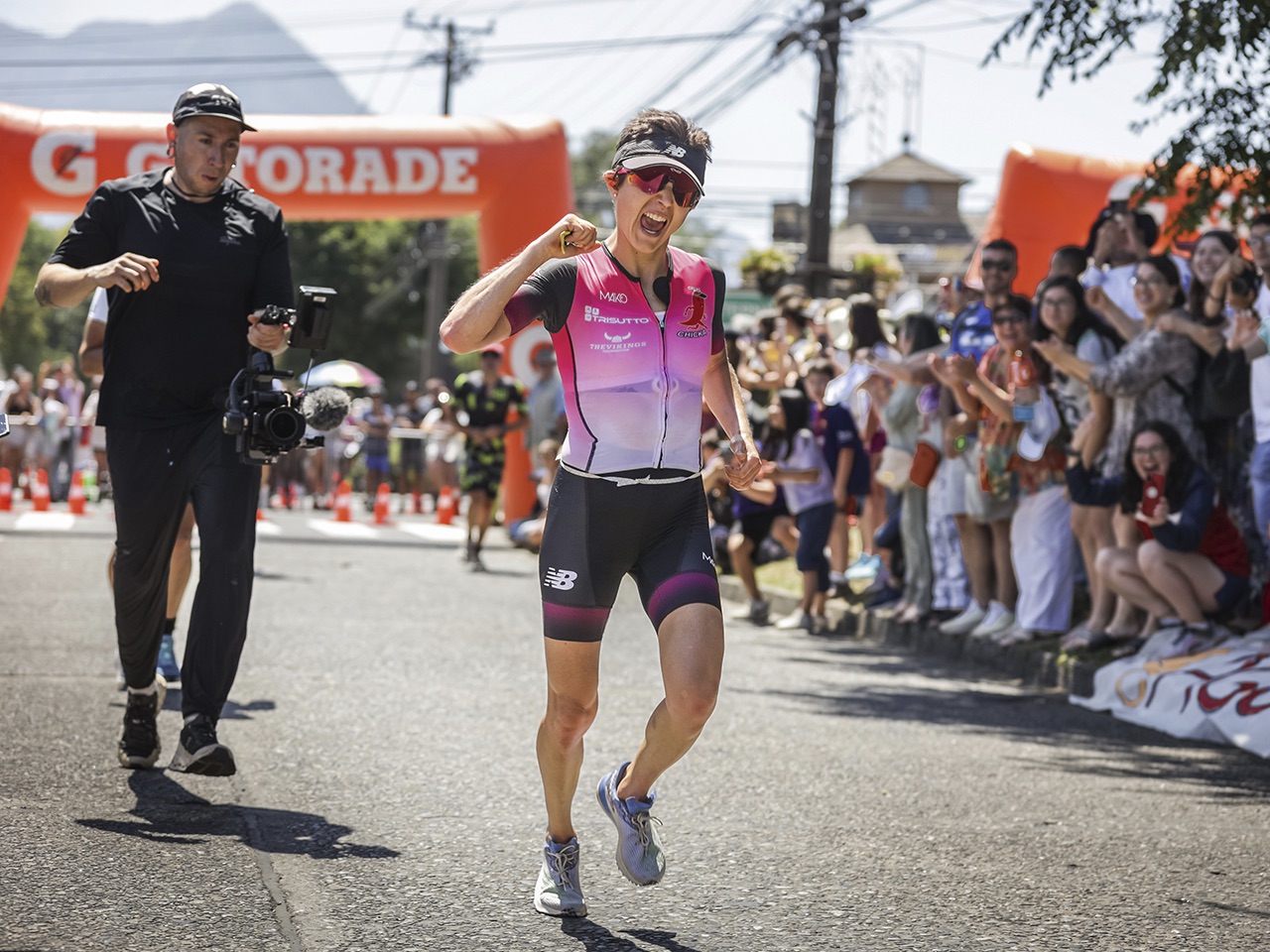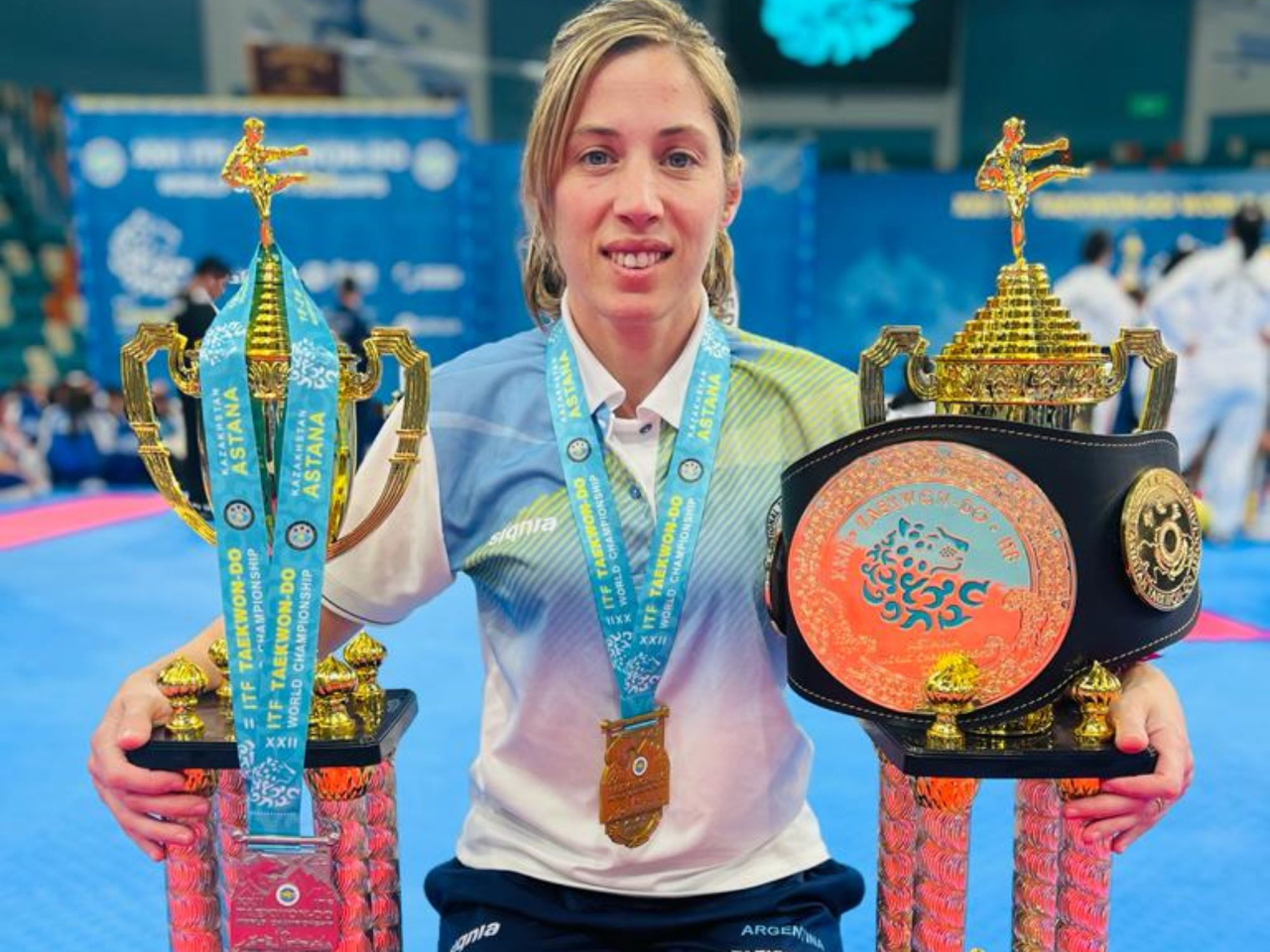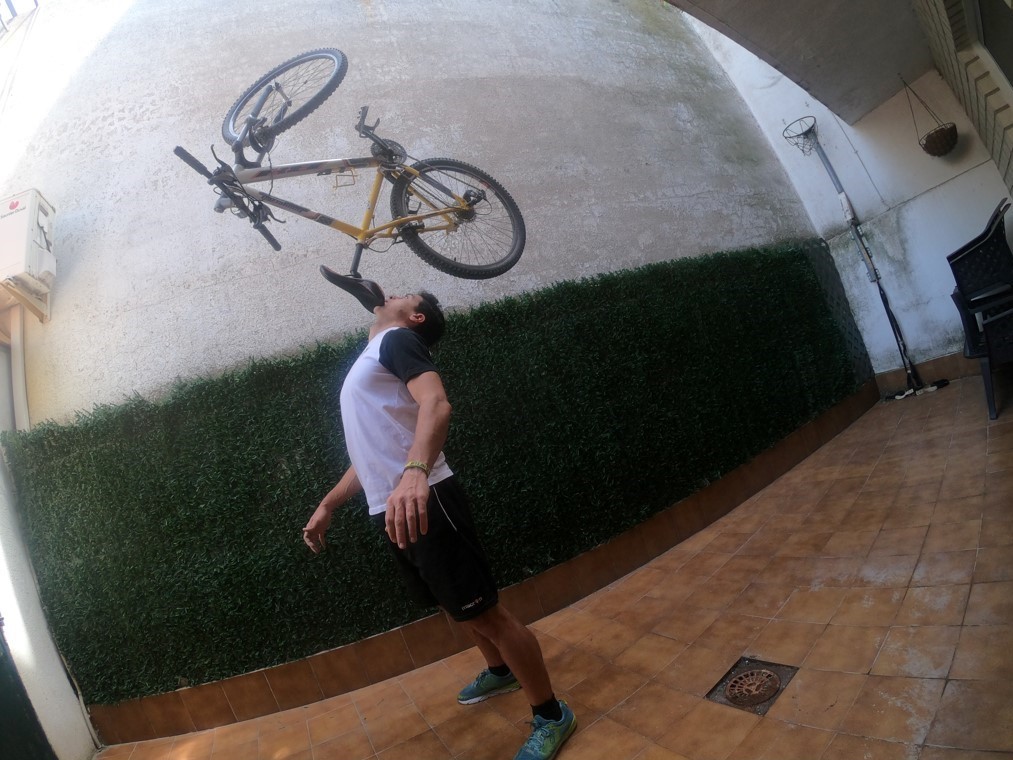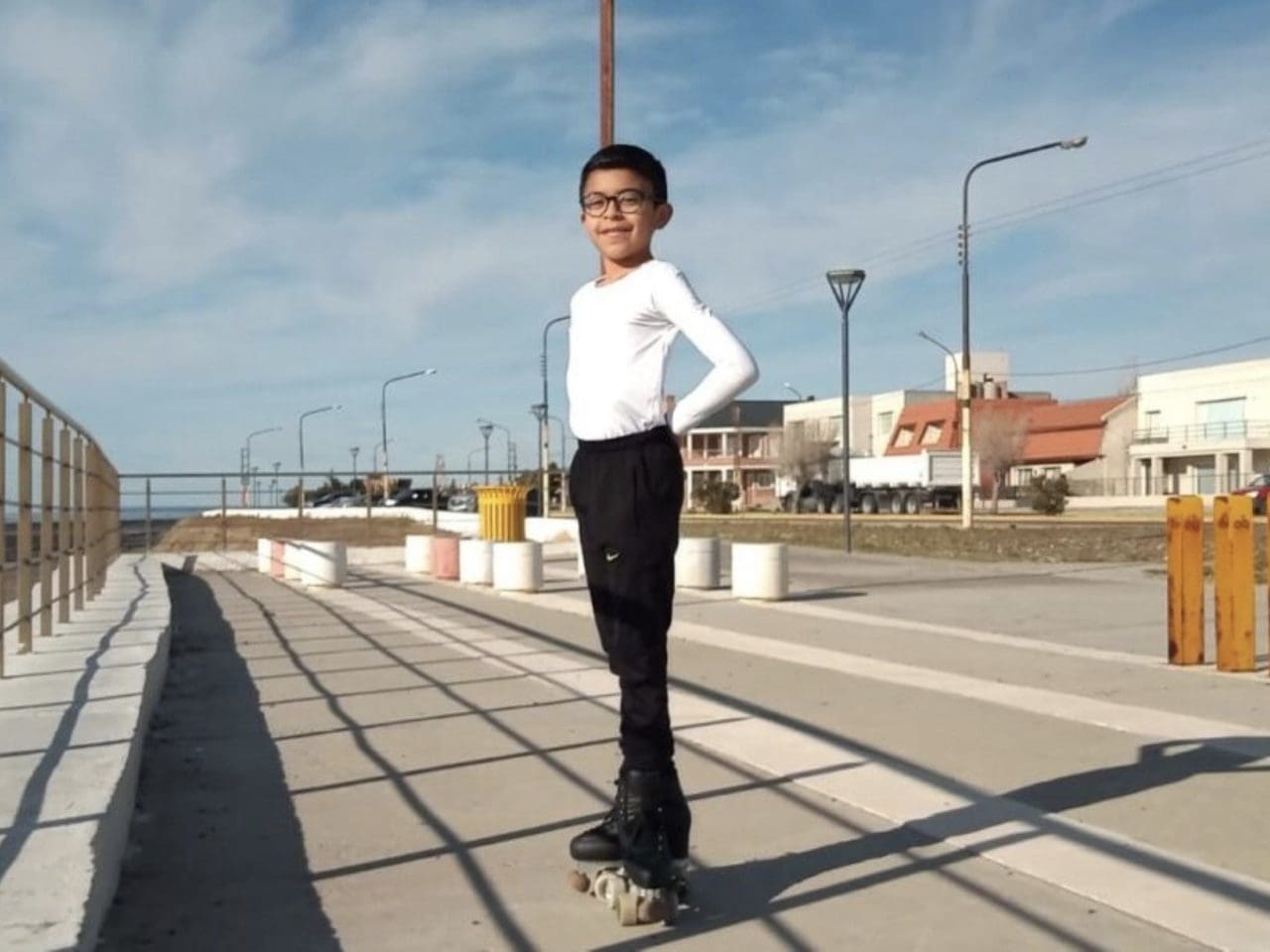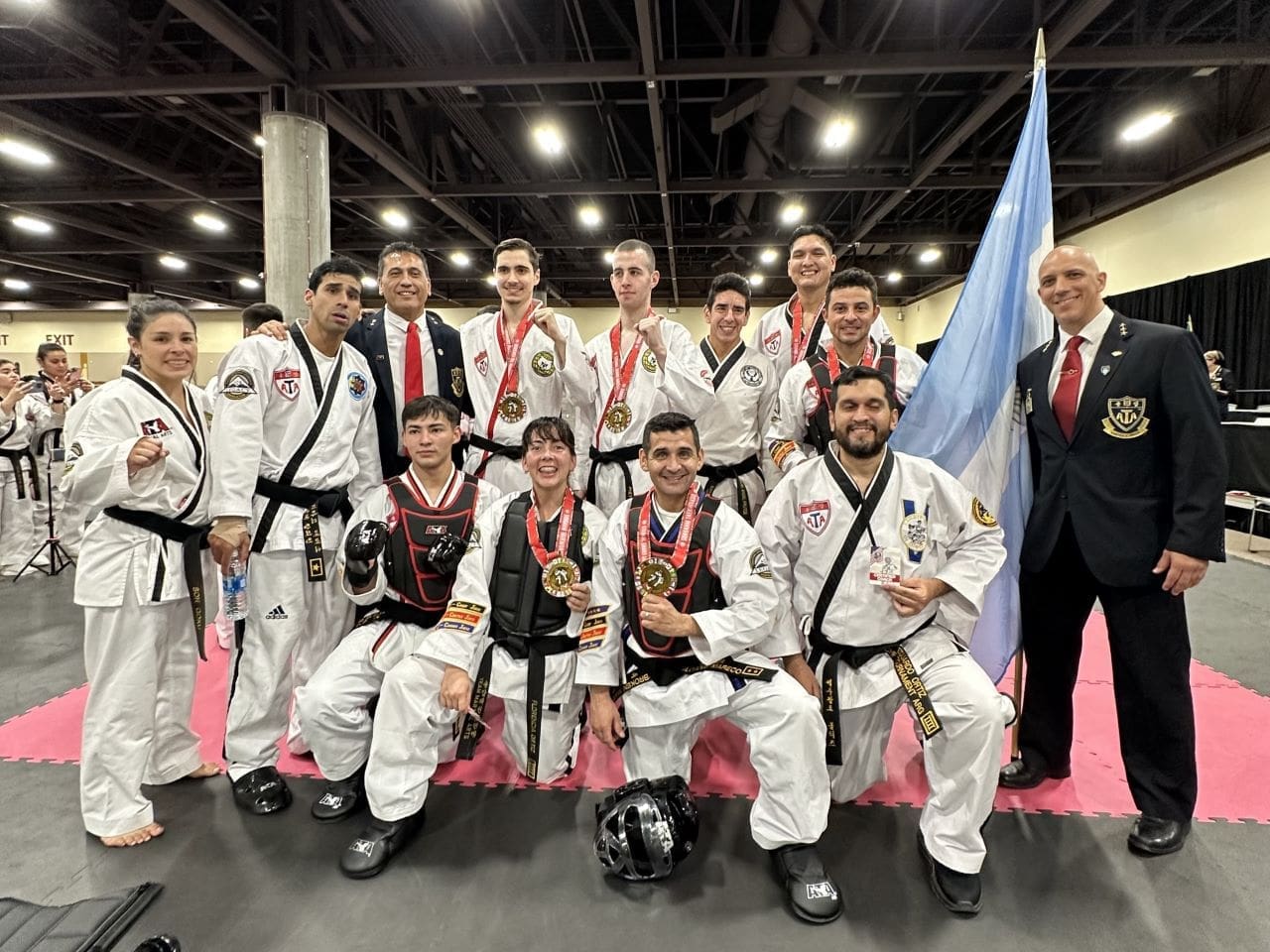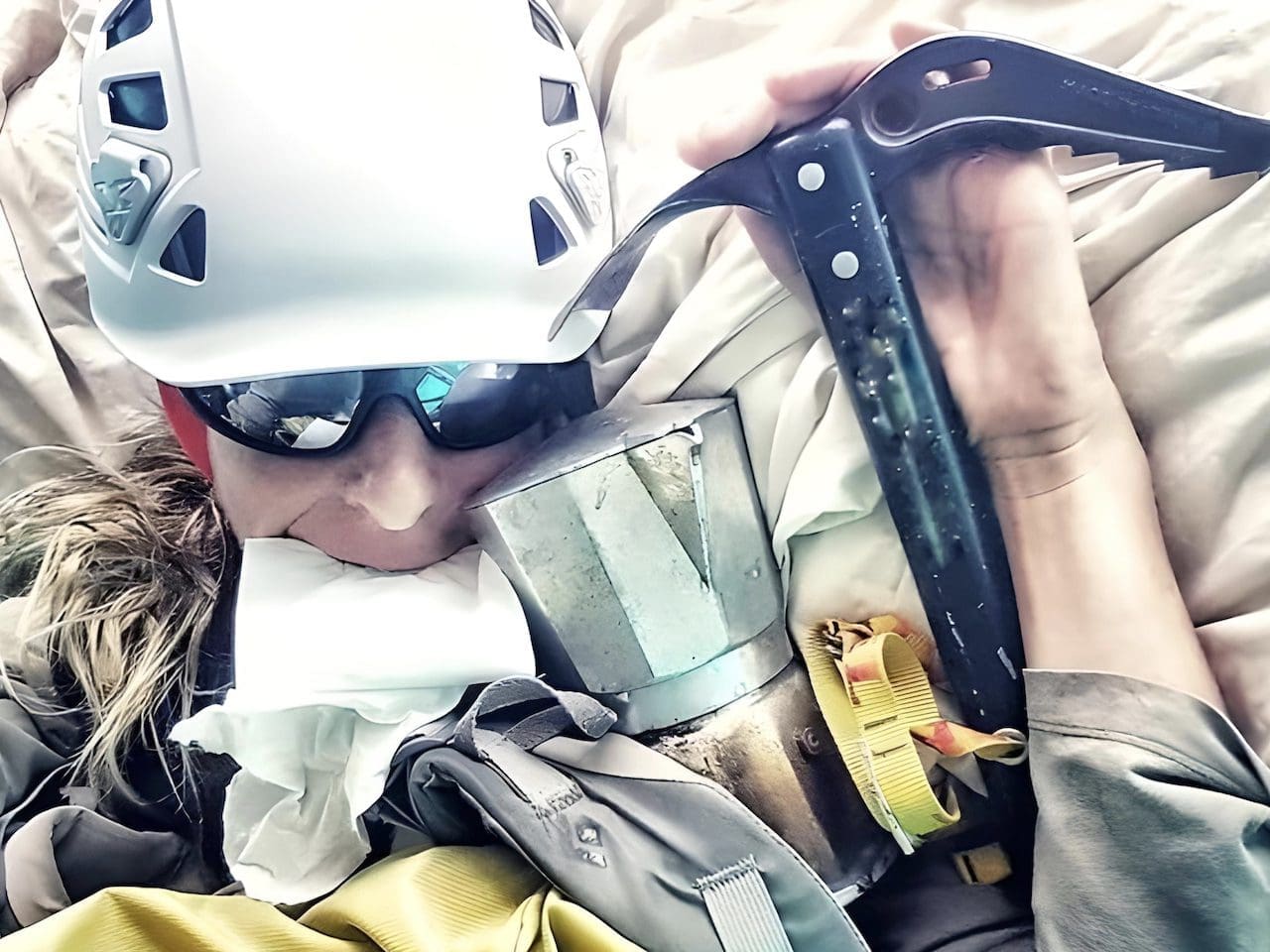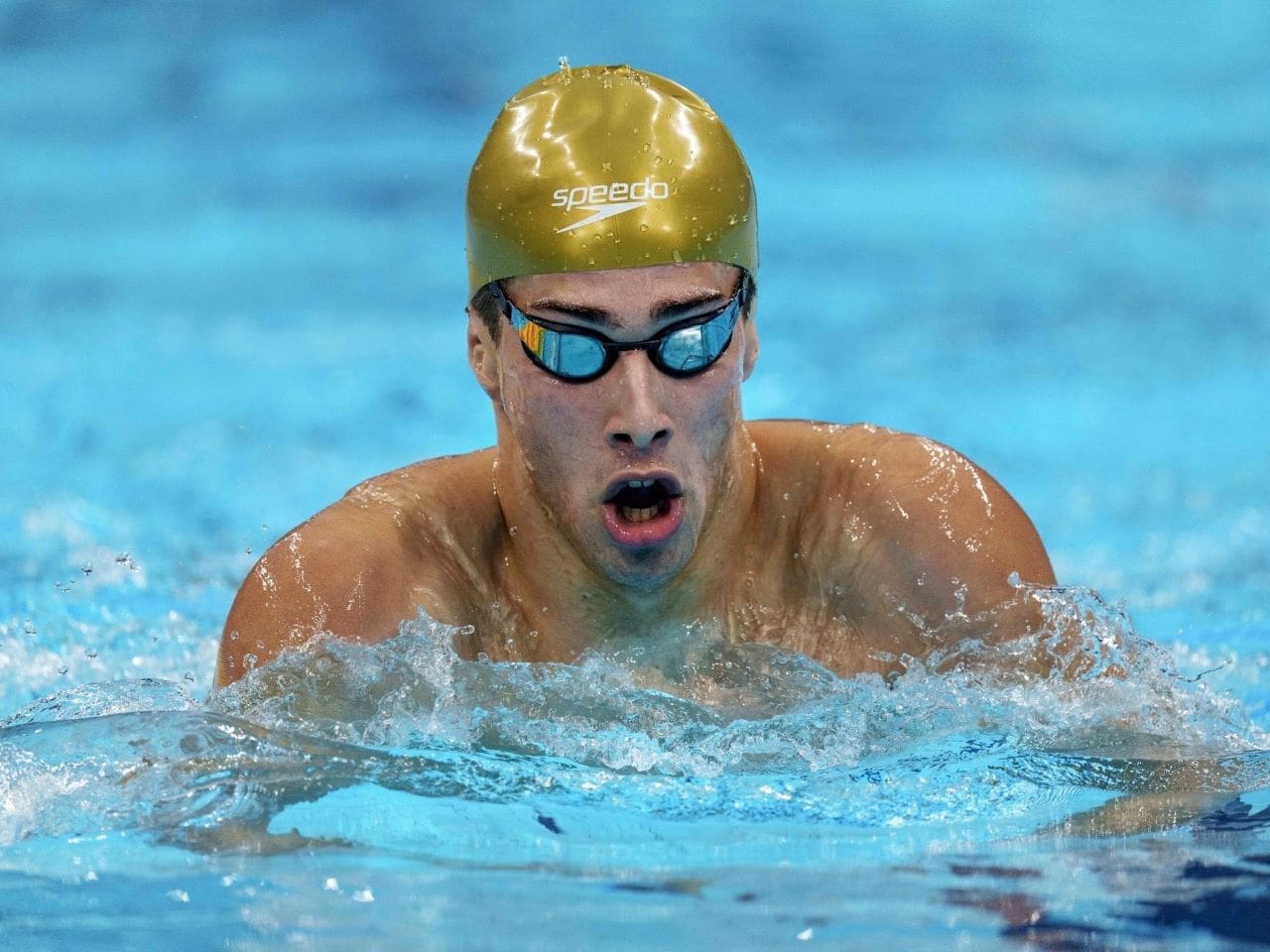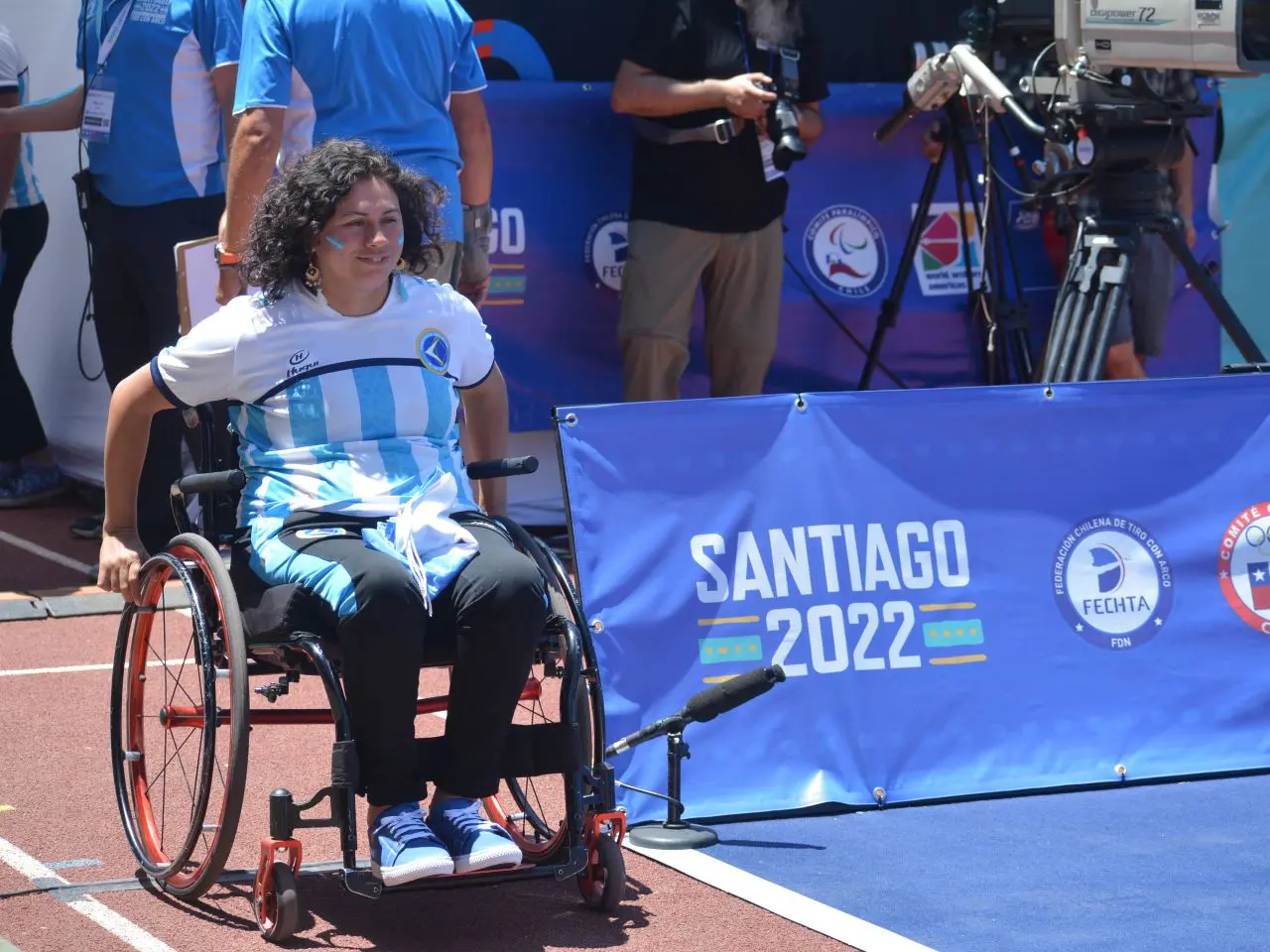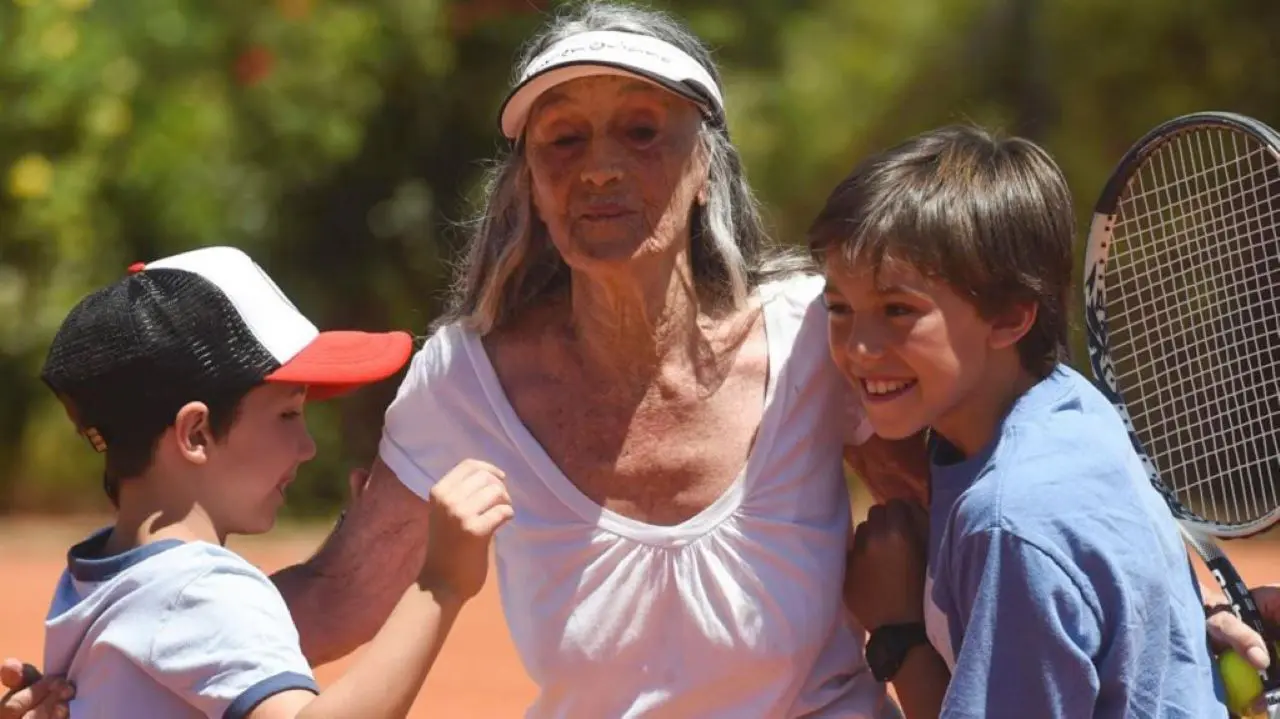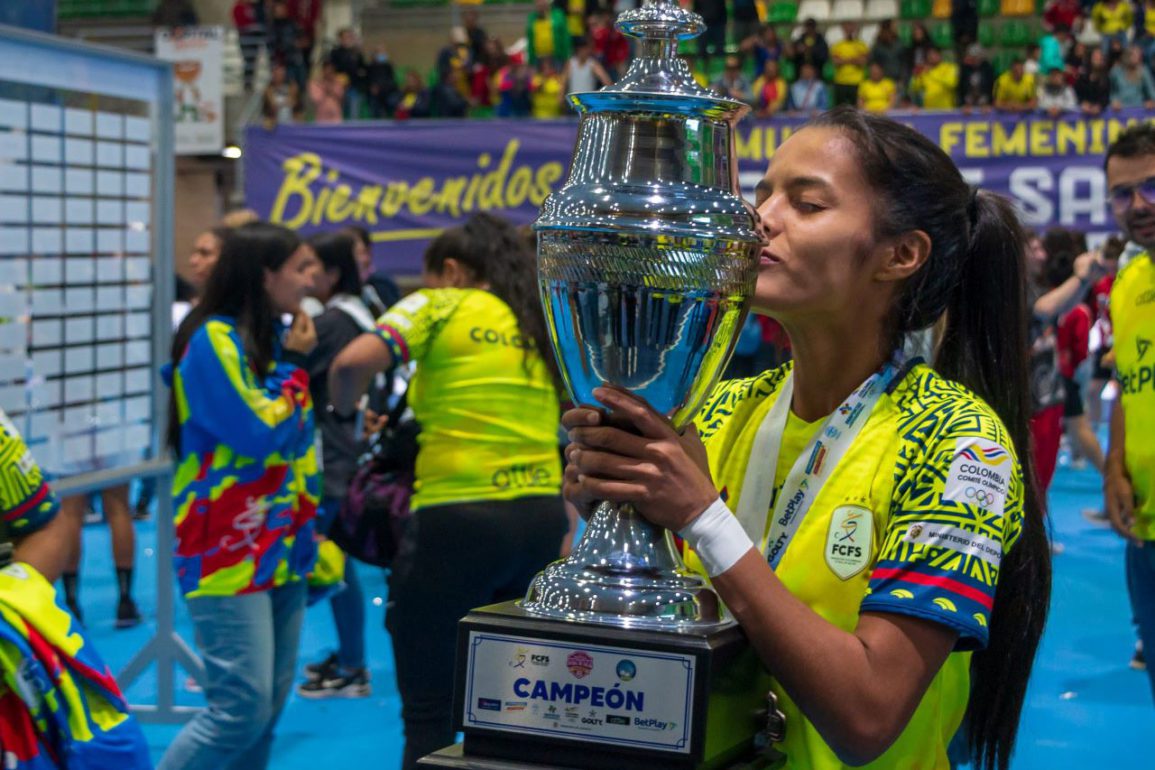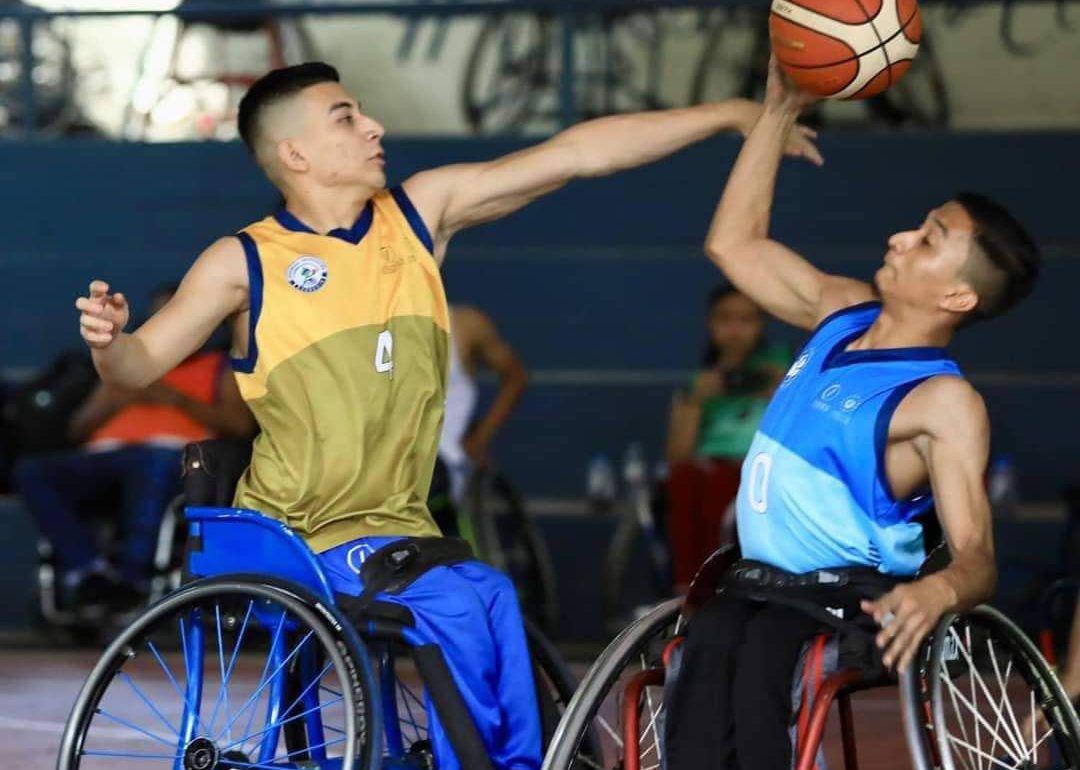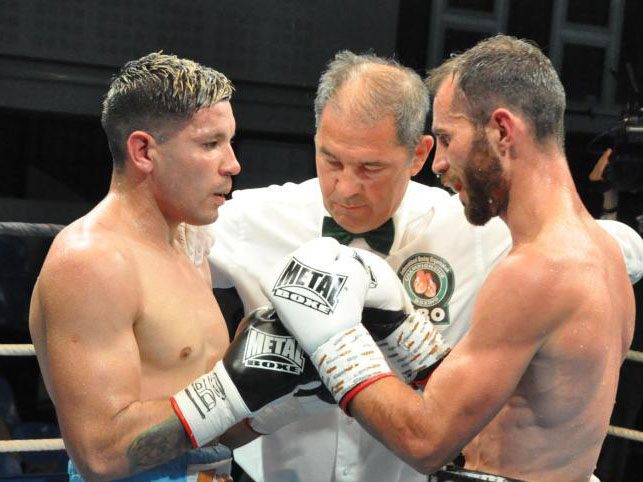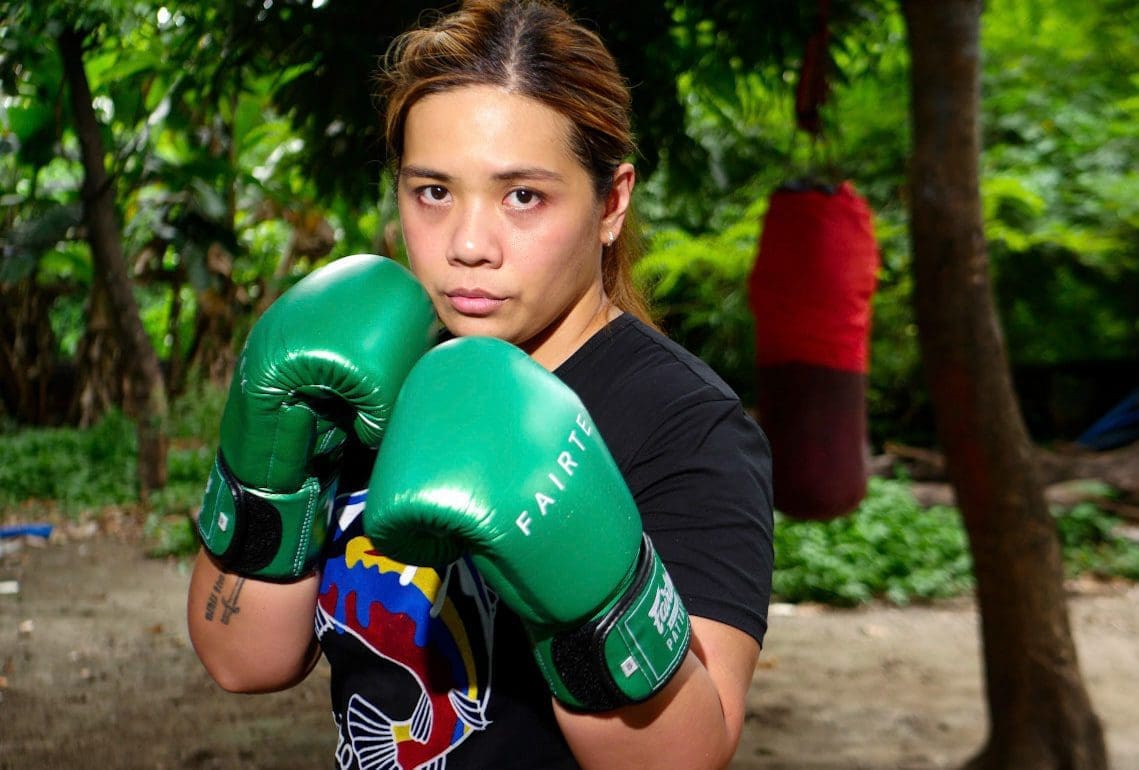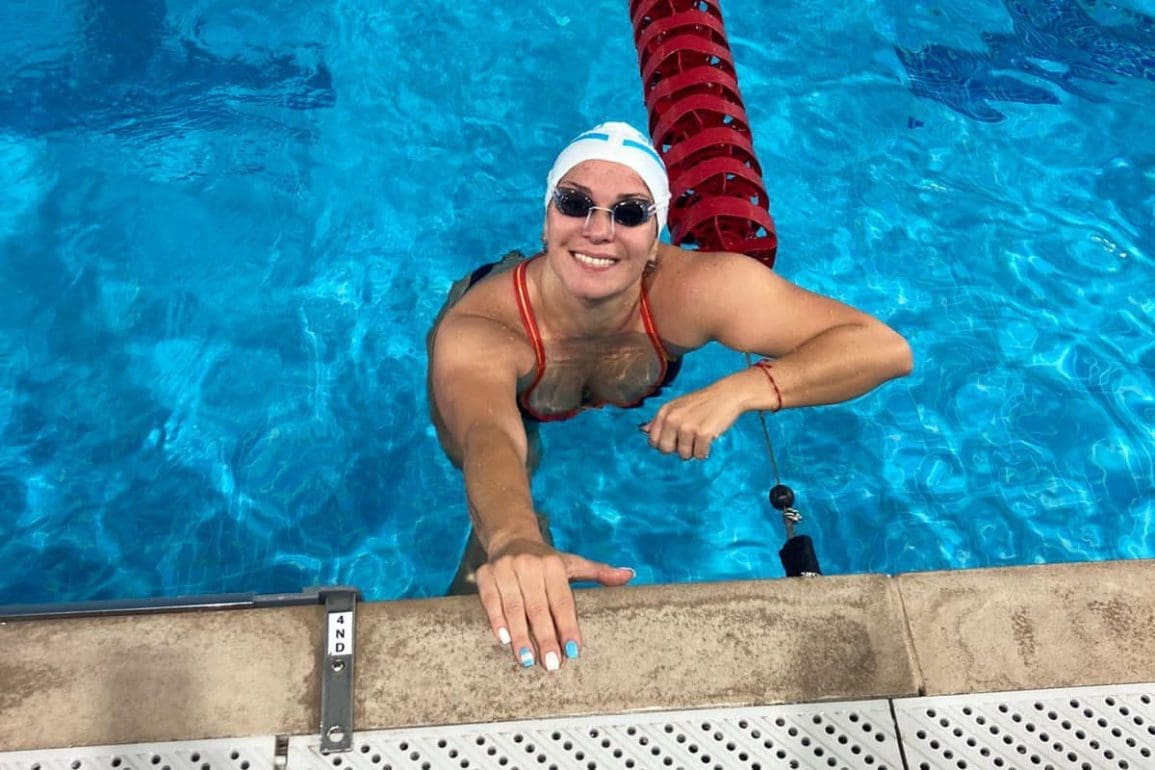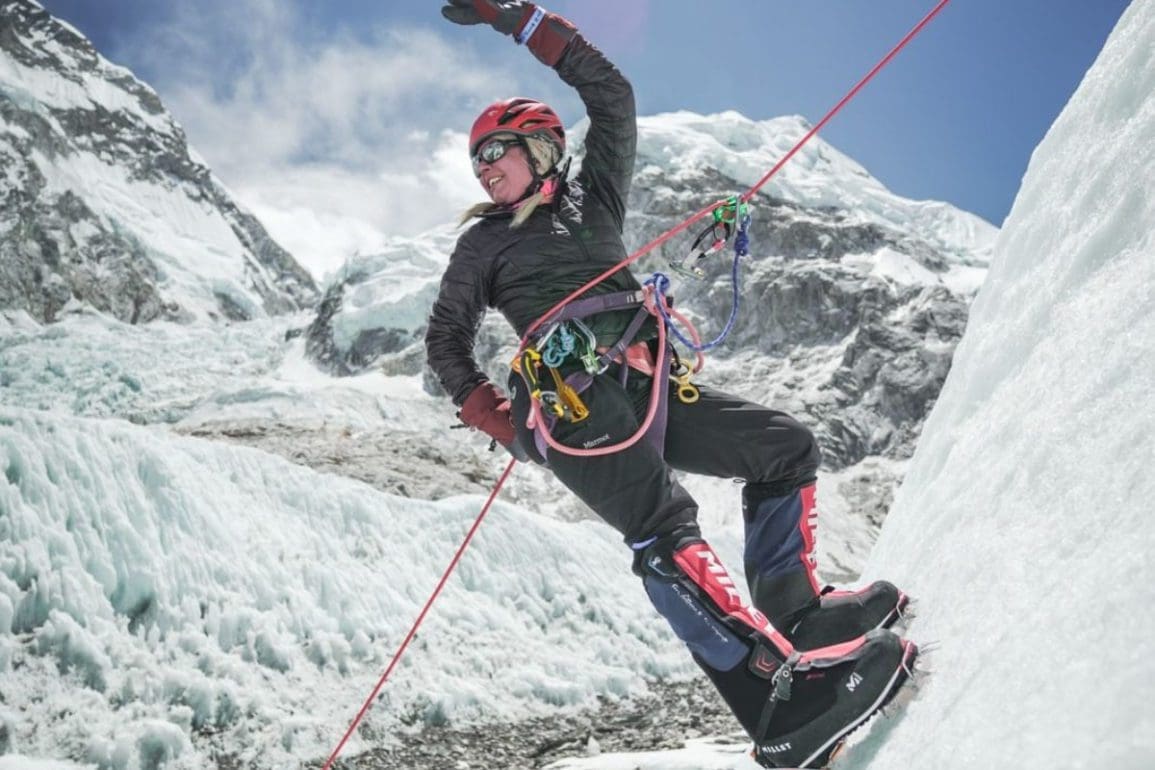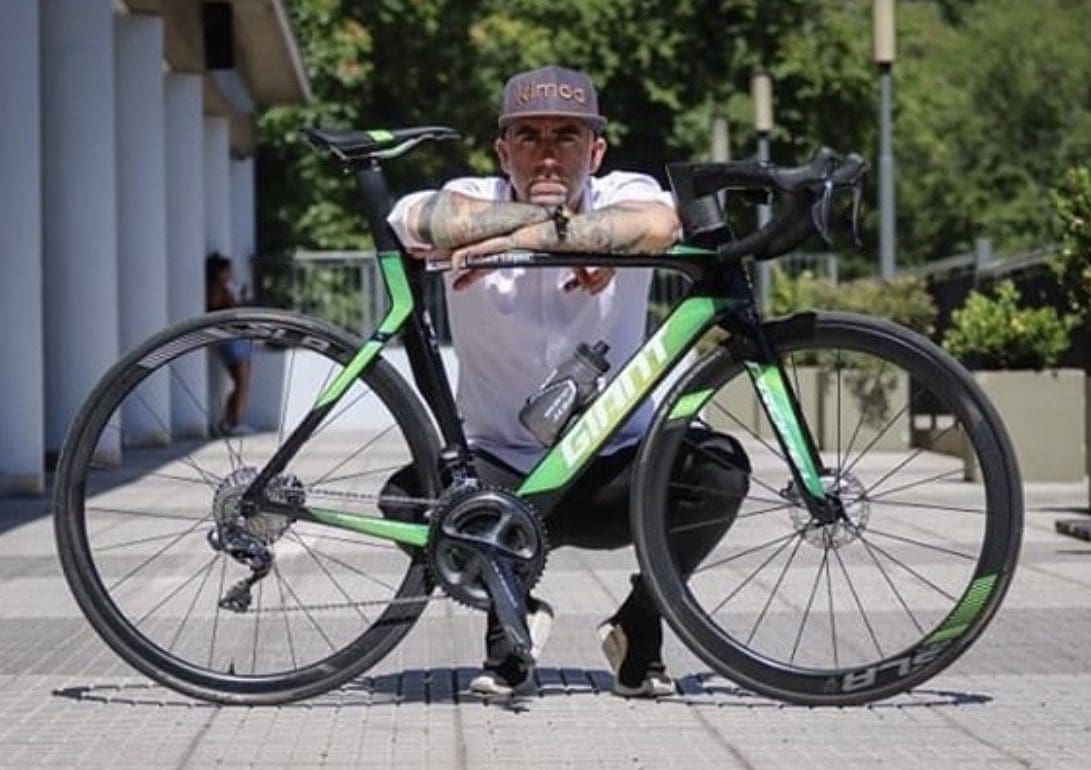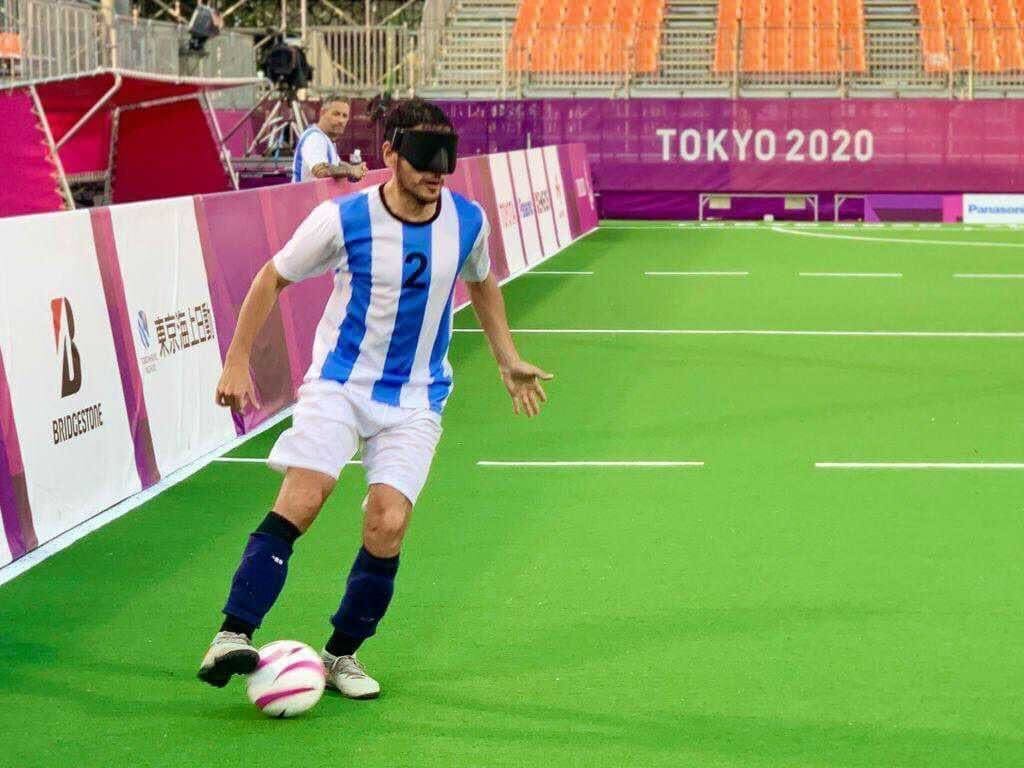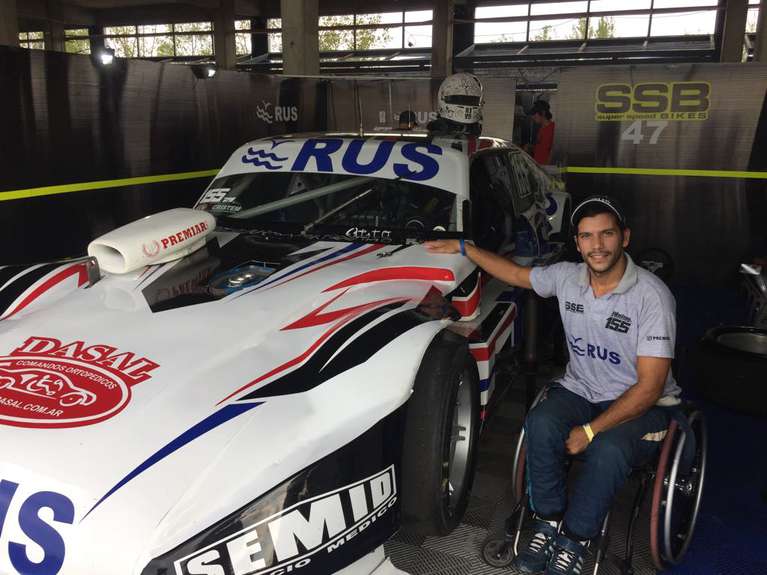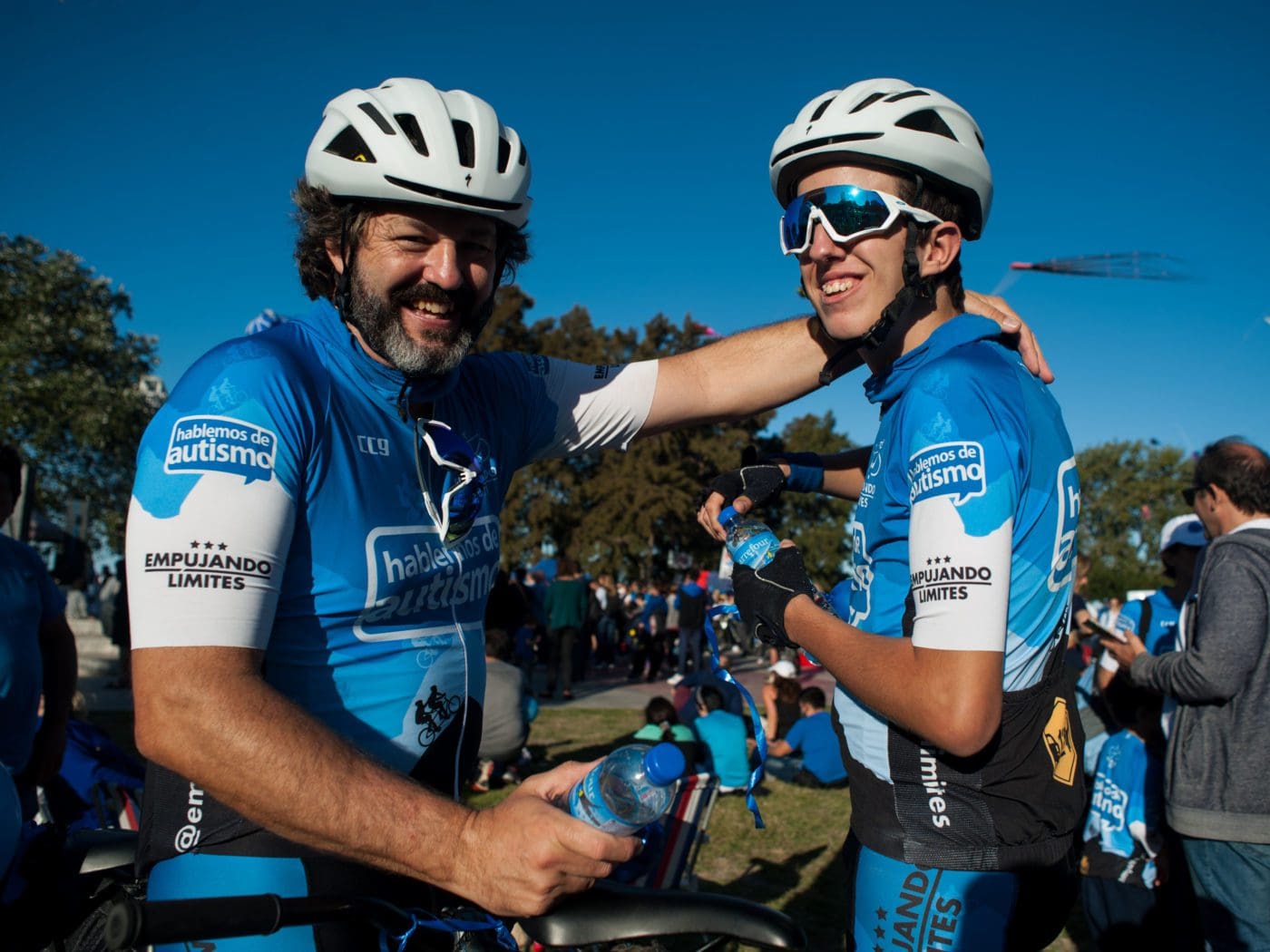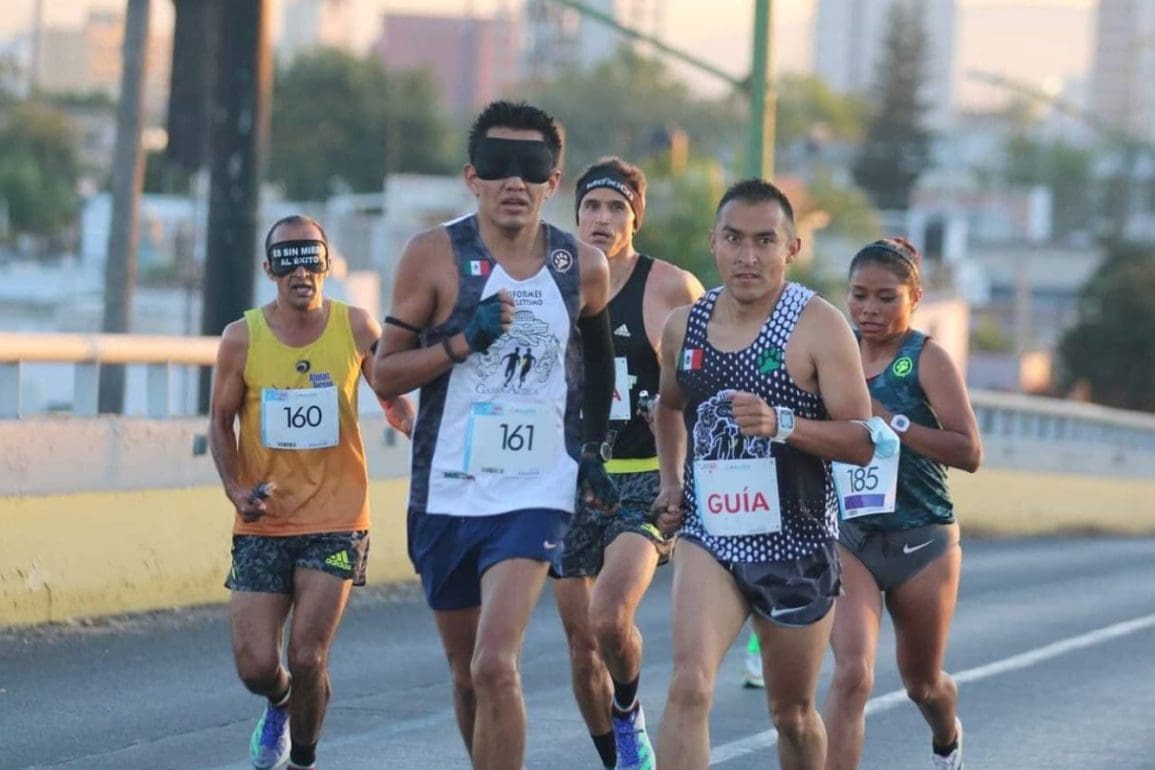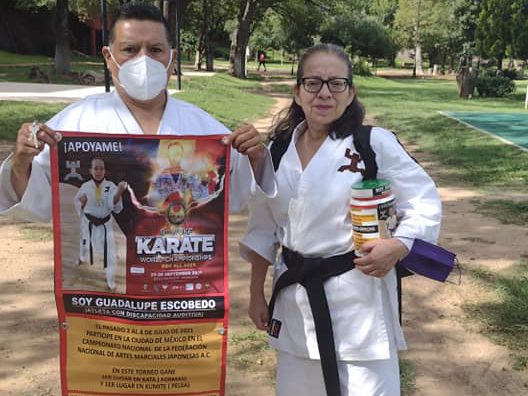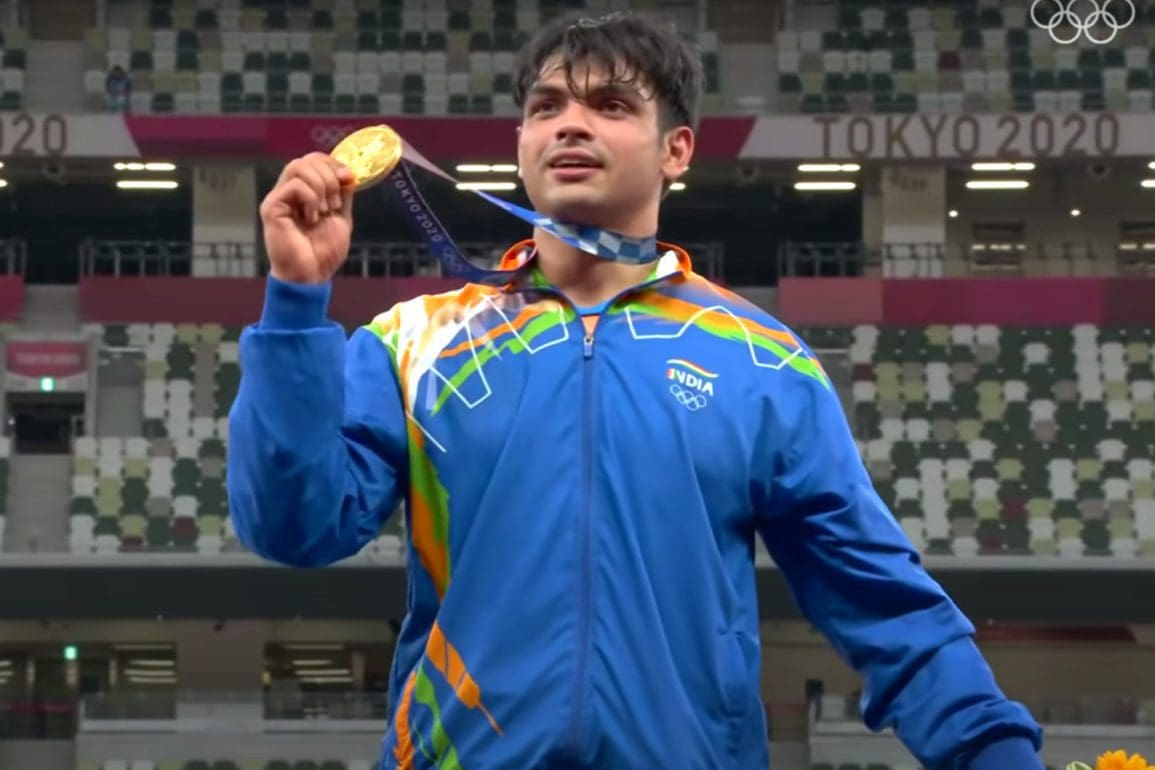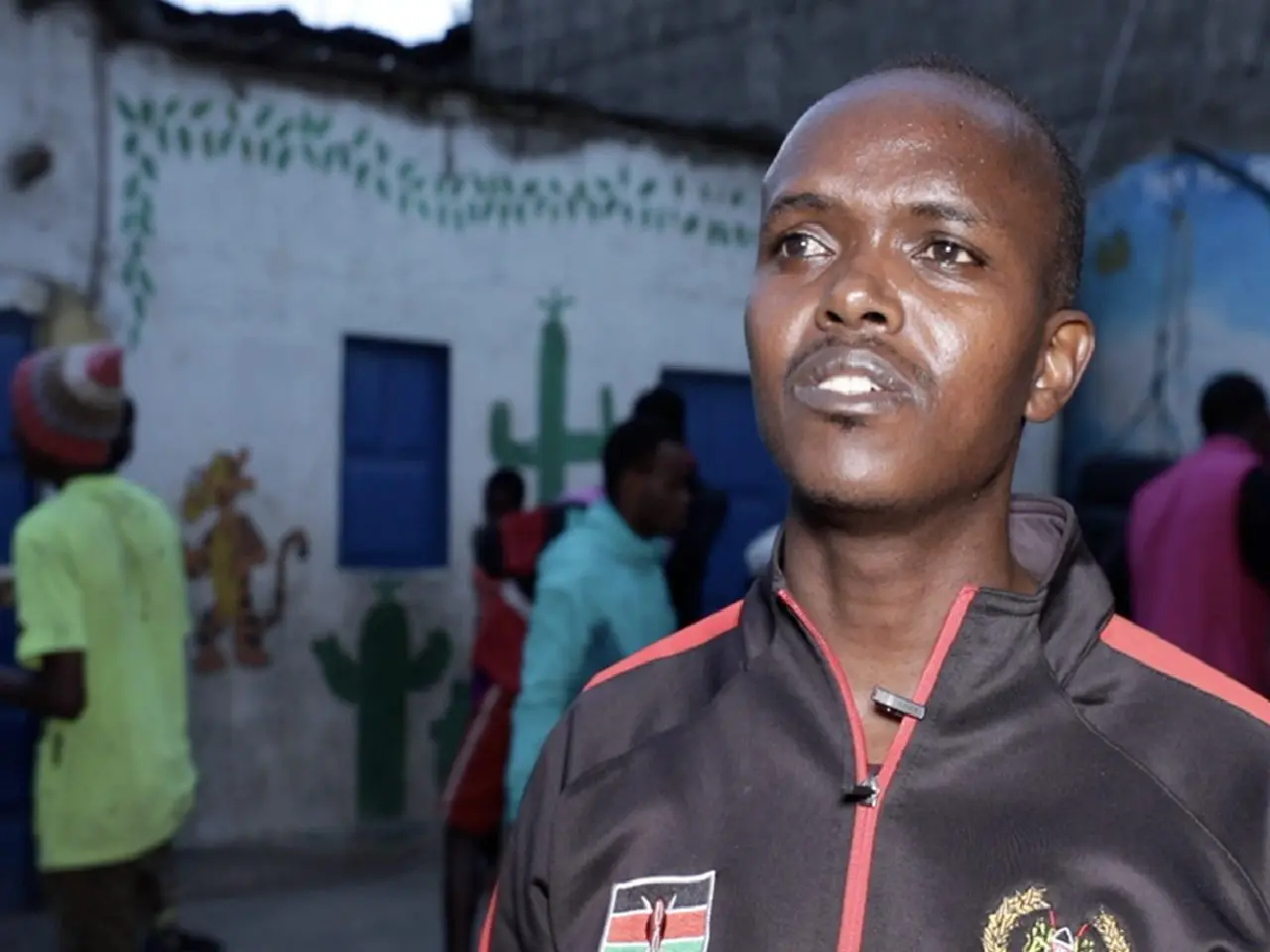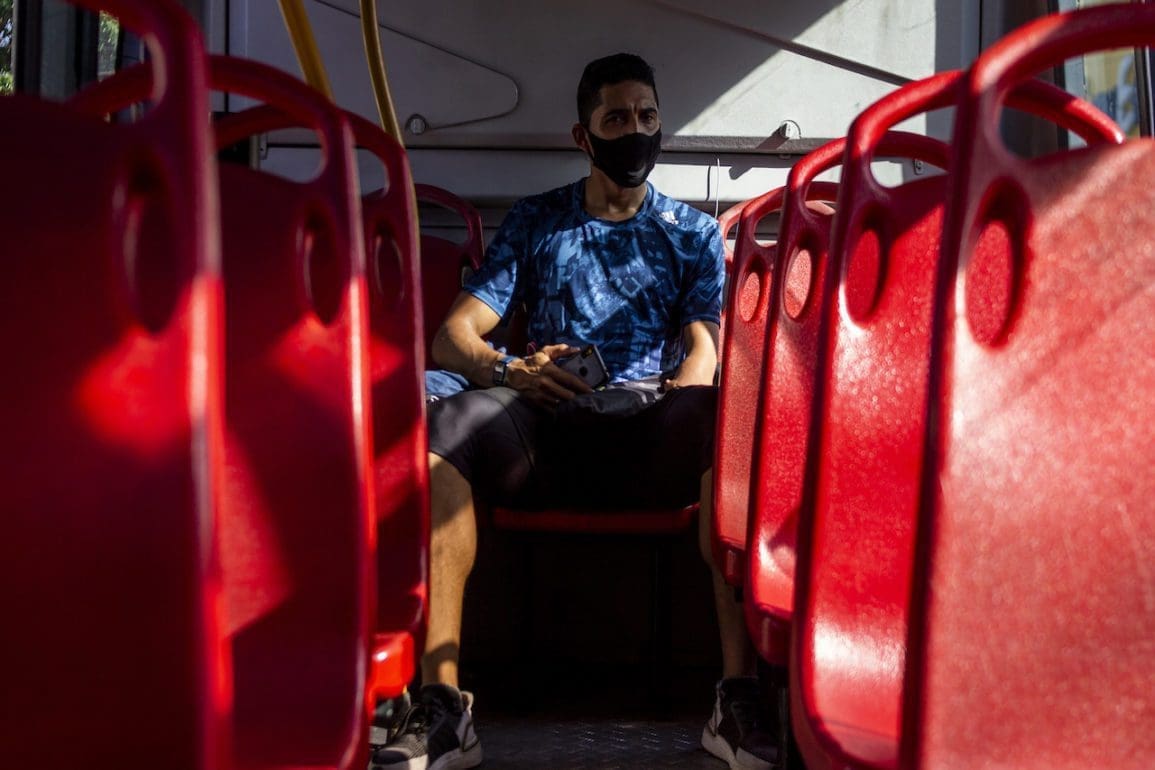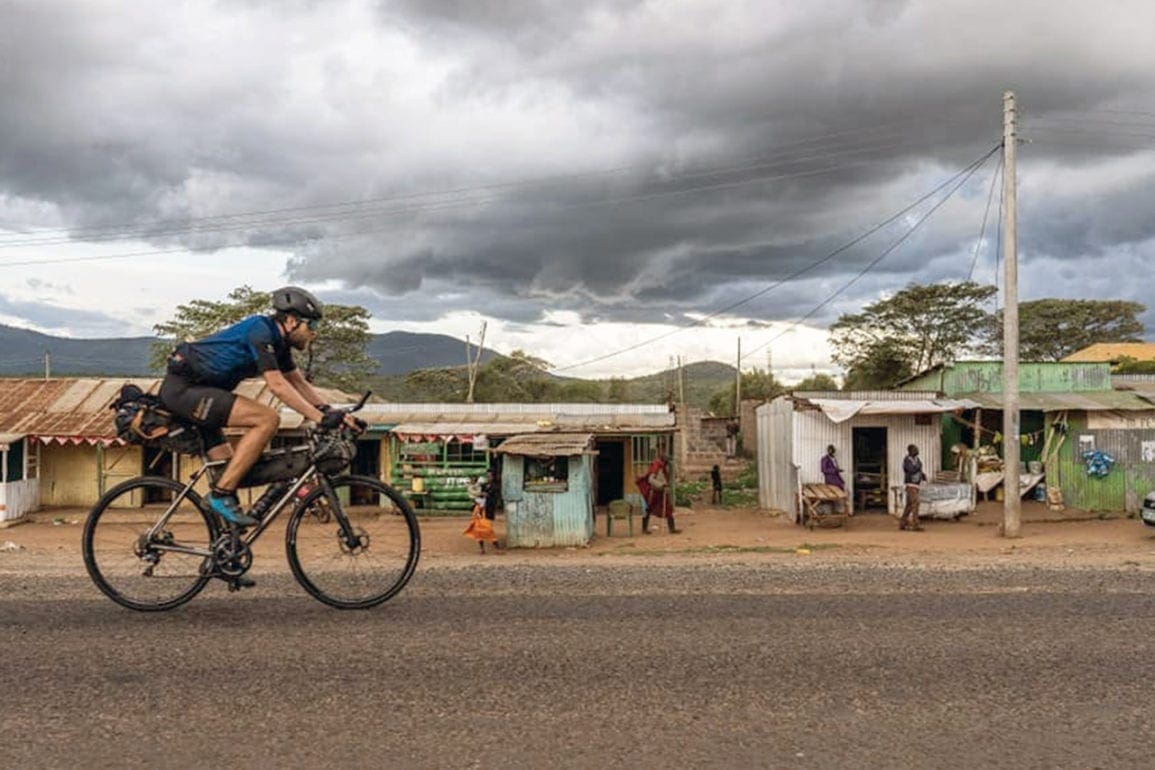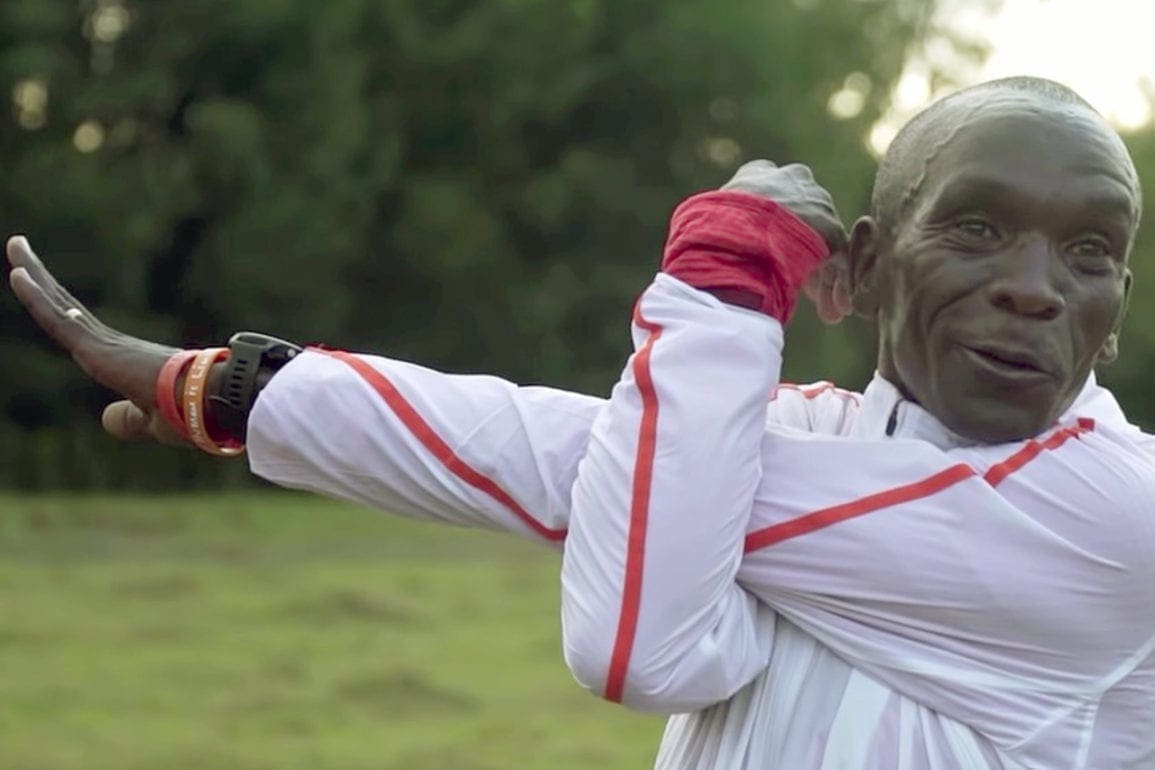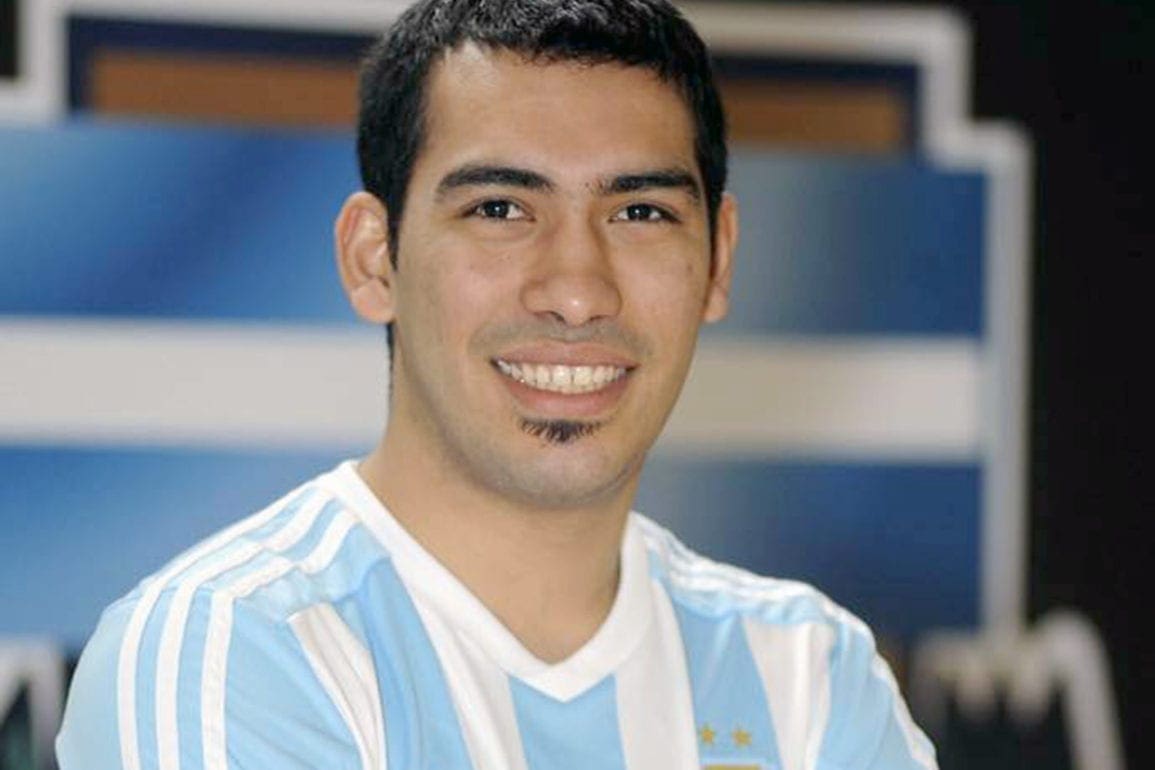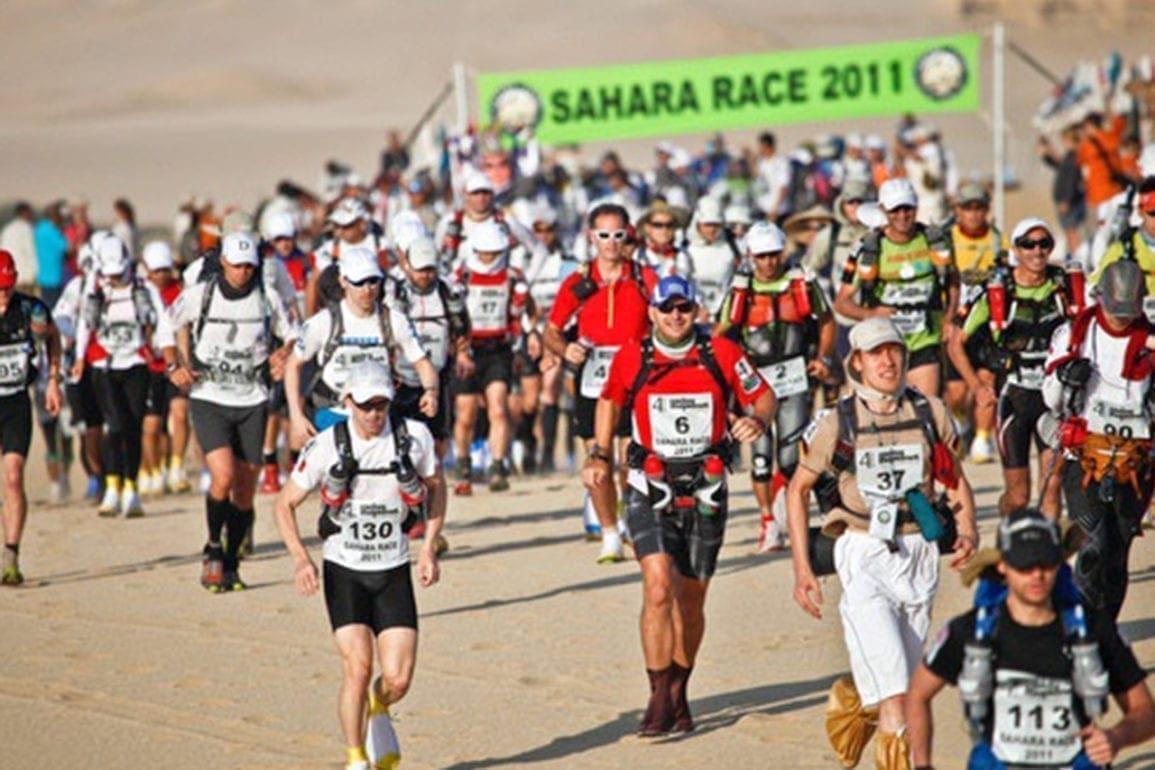Not skirting religious beliefs
Olympics rescheduling could cost a chance to compete for this Jewish marathoner.
- 5 years ago
November 23, 2020

Being a professional athlete was never my goal. When I started running at 25-years-old, all I wanted was to get back into physical activity after giving birth to four children in a six-year period. That was it.
When I started running I discovered a passion for this. Athletics changed my life. As the years went by, race by race, I tried to improve my times. Suddenly, life presented me with an unthinkable opportunity: At 31-years-old with five children, I am an Israeli professional marathoner with the opportunity to represent my country in the next Olympic Games. A hobby that became a profession.
Sadly, I probably can’t do it, and here is that story.
Run accompanied
Contrary to the prejudices that may exist about some Orthodox Jewish communities, when I started training the support of my family was total. My parents agreed from the outset and since then I often run with my husband. In my community, most of the repercussions were also positive.
Of course, what I do is very different from what many religious women tend to do and there will always be people who disagree or do not share my vision of life. I had to put up with some negative comments. I never gave importance to them, and they were always a minority who did not agree with what I was doing. In fact, I received a lot of support from my friends, my community, and fundamentally from my rabbi who gave me his blessing and the courage to move forward.
It is tough being a professional athlete and mother of five children at the same time. I find completing a marathon to be much easier than raising children. But I don’t think my case is very different from that of many working mothers.
The obstacles of being a religious athlete
I live with more complex competitive barriers than motherhood. When I started training, I didn’t think that being a religious professional athlete would have so many obstacles. I was confident it was going to be a manageable situation. In Israel, most races are held on Fridays and worldwide marathons are usually run on Sundays, which at first glance did not force me to compete on Saturdays and compromise my rest from Shabbat, one of the most important precepts of Judaism.
But, as my career progressed, some things did not turn out the way I thought. I was forced to give up competing in major tournaments because they were scheduled on Shabbat or a Jewish holiday, as happened with a London marathon, a half-marathon in Poland, or the 2019 Doha World Athletics Championships. Without a doubt, prioritizing my beliefs affected my career. But it has been clear to me for some time that everything I do is to bring the word of the Almighty to the world and I am not so concerned about giving up certain skills.
The first great record
I was the Israeli woman with the best time at three hours, nine minutes, and 50 seconds in the Jerusalem marathon in 2018. A year earlier in Tel Aviv, it took me almost an hour longer. But I did it under special circumstances: I was in the seventh month of pregnancy with my fifth child.
A few months later, with that child in my arms, I stood on the podium as the winner of the Tiberias marathon and became the Israeli champion. That year I became the first religious woman to win an international athletics competition, the Riga Marathon (Latvia) half-marathon, which I completed in one hour, 17 minutes and 34 seconds.
A year later I repeated at Tiberias. This is how I earned the honor of representing my country at the Tokyo 2020 Olympic Games.
Truncated dreams
The most important event in international sport was scheduled to take place between the end of July and the beginning of August. The marathon had been scheduled for Sunday, Aug. 9 in the city of Sapporo, about a thousand kilometers north of the heat that usually hits Tokyo. The pandemic changed everything and the Olympic Games were postponed to 2021. When I learned the new date for the marathon, it was a very frustrating moment: Saturday, Aug. 7, in full celebration of Shabbat, the weekly day of rest of the Jewish religion.
Apparently, the International Olympic Committee is not willing to change the competition schedule and I am going to miss out on a great opportunity. I do not believe that the world should fully accommodate my religious values, but I do believe that the Olympic Games are an event of union between people and that the value of cultural diversity is ingrained in its spirit. I feel like there should be more tolerance.
Regardless of whether or not I finally travel to Tokyo, no one will take away the pride of having won more than one marathon wearing skirts. Many people never thought that high-level competition is not compatible with modest dress, but all my achievements were achieved with a skirt below the knees, covering my hair and wearing a long-sleeved shirt as a mark of my tradition.
I will continue to train and push myself to the best of my ability. Regardless of whether the race is switched or not, I’m not letting go yet. I am a fighter, I don’t give up easily and I will do whatever I can to get the Olympic marathon date changed. It’s hard to fully invest myself when I don’t even know if I’m going to be able to run but life isn’t always about the results, sometimes the journey is even more important.
There are my true triumphs. What I seek, more than a podium is to be an example of how you can compete at a high level without giving up my religious values.








